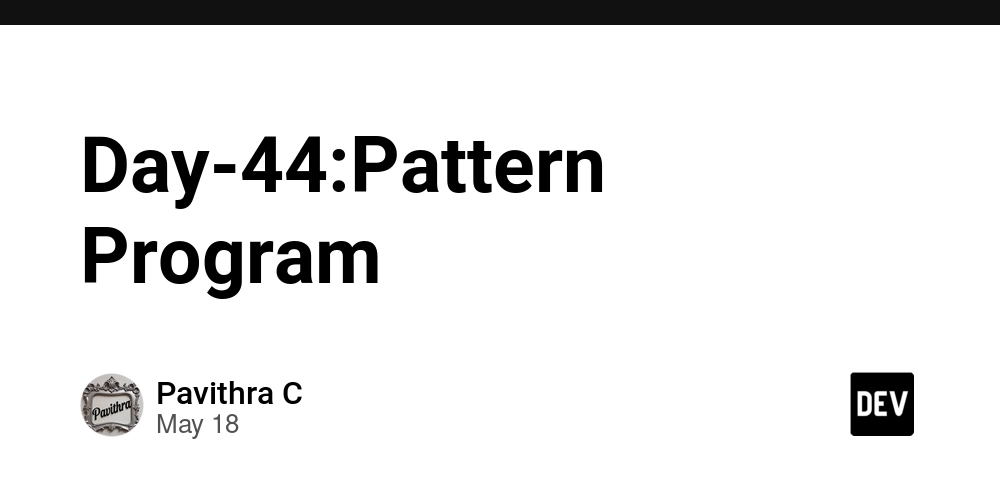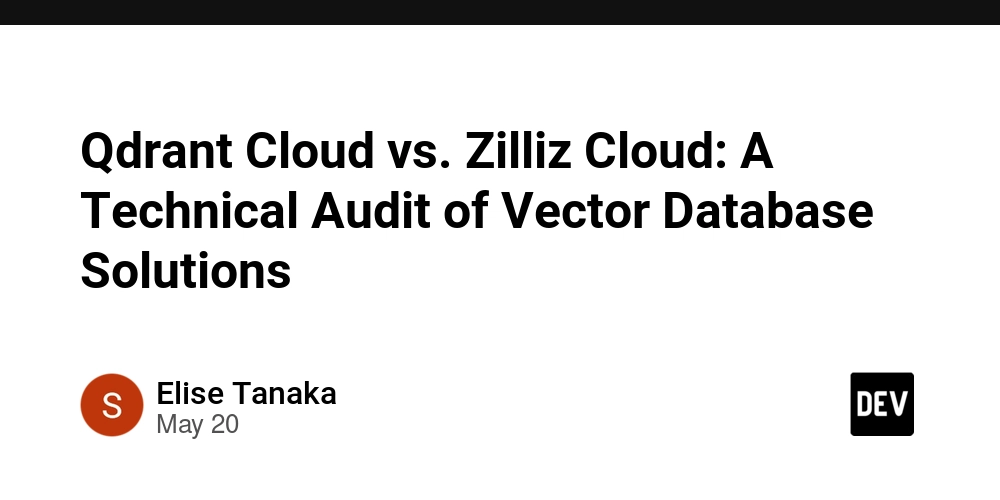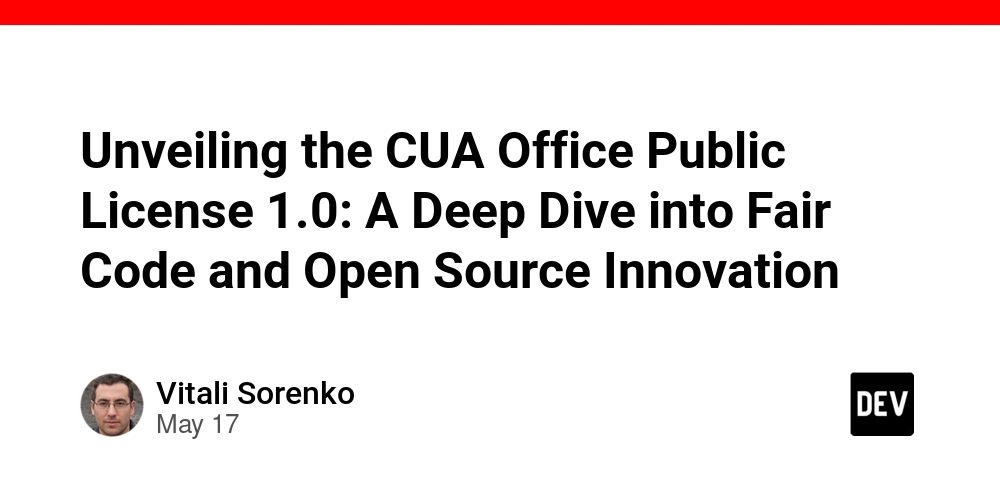Command Line Renaissance
Every coder knows the flow—that elusive state where ideas translate seamlessly into lines of elegant logic. Yet this creative pulse is fragile. A sudden detour into dense documentation, an obscure glitch forcing hours of debugging, the relentless toggling between apps—each interruption breaking rhythm, scattering focus, and dampening momentum. Coding demands precision and uninterrupted concentration, yet too often the cumulative friction slows developers. The command line—the very heart of software development—has long been informative yet passive, a waiting listener rather than an active participant. But what if this passive tool could evolve, anticipate needs, and champion your workflow? Introducing AI at the Terminal's Edge OpenAI LP answers this question decisively, unveiling their latest innovation: the OpenAI Codex CLI. With this stable and mature release, AI steps boldly into the terminal window, transforming it from passive observer to proactive co-pilot. Unlike traditional development environments, which often require jumping between different external tools, OpenAI Codex CLI seamlessly integrates advanced artificial intelligence directly into your familiar command line interface. It elevates coding from strictly solitary endeavour to dynamic partnership, marking the start of a profound shift in the developer's journey. Liberating the Developer from the "Latency Tax" Until now, powerful AI assistance usually manifested through cloud-based tools, which, despite their strengths, bring unavoidable latency. Each request ventured out across network lines, information pinging between distant servers and the developer's local device. Waiting for responses means pausing—and pausing means interruption, breaking momentum and fragmenting cognitive space. For developers, every millisecond counts. These tiny delays compound into tangible productivity losses. Constantly context-switching between windows, tabs, and apps isn't just tedious—it's mentally draining. Local integration changes this calculus significantly. AI Comes Home: Bringing Intelligence into the Local Workflow OpenAI Codex CLI resolves the latency dilemma by running AI directly in the command line interface, right at your fingertips. Imagine needing a quick Python script to organise your expansive music library—no longer must you navigate between browsers, search engines, or remote APIs. The solution materialises immediately, right where you're already working. The terminal becomes contextually aware, anticipating your next step and preserving your creative flow. Your thought sequence remains intact. Your productivity thrives, unhindered by latency. An AI-augmented terminal isn't just faster—it's intuitive, integrated, immediate. Flowing from Inspiration to Implementation Perhaps one of Codex CLI's most intriguing talents is its flexible, multi-modal input. Developers often conceptually visualise ideas not just as clear text instructions but through diagrams, rough sketches, or even photographed notes. The Codex CLI goes beyond mere words, interpreting diagrams, screen captures, and scribbled concepts, effortlessly transforming them into working code. The burden shifts from the developer adapting to rigid tools—to the terminal itself adapting to the user's expressive style. From head to screen, creativity moves swiftly and without friction, uninterrupted by the technical limitations of yesterday. Secure and Private—A Safe Playground for Creativity Local AI does far more than just speed—it's also about trust. Processing code locally ensures enhanced security, safeguarding developers and organisations from exposing sensitive or proprietary information to external environments. Confidentiality builds a safe space for experimentation. Freed from concerns of data privacy or cloud vulnerabilities, developers embrace a greater sense of creative liberty. Make bold experiments, iterate fearlessly—your workspace becomes your sanctuary, providing the comfort and confidence needed for innovation and exploration. For Beginners and Seasoned Professionals Alike: AI as Guide and Partner The promise of this AI-guided terminal is not limited by experience or skill level. It transforms coding into a supportive and accessible process for beginners. New coders, navigating unfamiliar territory, gain instantaneous feedback, gentle guidance, and tailored insights to common pitfalls. The steep learning curve becomes approachable, promoting exploration rather than intimidation. Seasoned developers benefit equally. The Codex metaphorically sits at their side—a seasoned assistant familiar with exotic programming languages or daunting integrations. The freedom to embark on ambitious, uncharted projects—without the steep initial ramp-up—is thrilling and empowering. Unity in Action: Harmonising Human and Machine Ultimately, OpenAI Codex CLI represents a beautiful and powerful synthesis
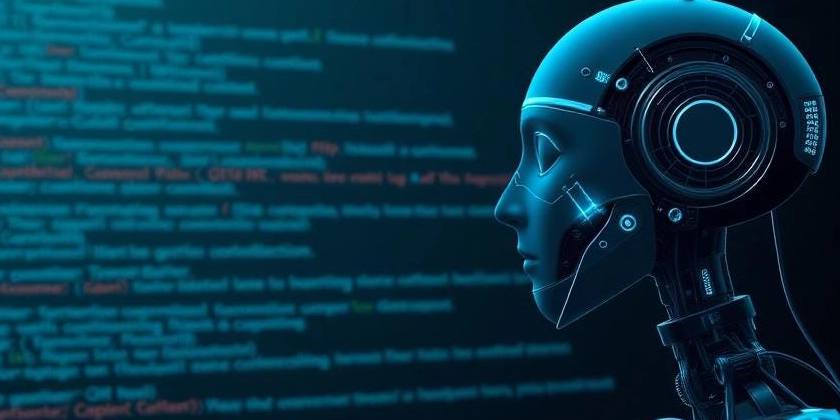
Every coder knows the flow—that elusive state where ideas translate seamlessly into lines of elegant logic. Yet this creative pulse is fragile. A sudden detour into dense documentation, an obscure glitch forcing hours of debugging, the relentless toggling between apps—each interruption breaking rhythm, scattering focus, and dampening momentum.
Coding demands precision and uninterrupted concentration, yet too often the cumulative friction slows developers. The command line—the very heart of software development—has long been informative yet passive, a waiting listener rather than an active participant.
But what if this passive tool could evolve, anticipate needs, and champion your workflow?
Introducing AI at the Terminal's Edge
OpenAI LP answers this question decisively, unveiling their latest innovation: the OpenAI Codex CLI. With this stable and mature release, AI steps boldly into the terminal window, transforming it from passive observer to proactive co-pilot.
Unlike traditional development environments, which often require jumping between different external tools, OpenAI Codex CLI seamlessly integrates advanced artificial intelligence directly into your familiar command line interface. It elevates coding from strictly solitary endeavour to dynamic partnership, marking the start of a profound shift in the developer's journey.
Liberating the Developer from the "Latency Tax"
Until now, powerful AI assistance usually manifested through cloud-based tools, which, despite their strengths, bring unavoidable latency. Each request ventured out across network lines, information pinging between distant servers and the developer's local device. Waiting for responses means pausing—and pausing means interruption, breaking momentum and fragmenting cognitive space.
For developers, every millisecond counts. These tiny delays compound into tangible productivity losses. Constantly context-switching between windows, tabs, and apps isn't just tedious—it's mentally draining.
Local integration changes this calculus significantly.
AI Comes Home: Bringing Intelligence into the Local Workflow
OpenAI Codex CLI resolves the latency dilemma by running AI directly in the command line interface, right at your fingertips. Imagine needing a quick Python script to organise your expansive music library—no longer must you navigate between browsers, search engines, or remote APIs. The solution materialises immediately, right where you're already working.
The terminal becomes contextually aware, anticipating your next step and preserving your creative flow. Your thought sequence remains intact. Your productivity thrives, unhindered by latency. An AI-augmented terminal isn't just faster—it's intuitive, integrated, immediate.
Flowing from Inspiration to Implementation
Perhaps one of Codex CLI's most intriguing talents is its flexible, multi-modal input. Developers often conceptually visualise ideas not just as clear text instructions but through diagrams, rough sketches, or even photographed notes. The Codex CLI goes beyond mere words, interpreting diagrams, screen captures, and scribbled concepts, effortlessly transforming them into working code.
The burden shifts from the developer adapting to rigid tools—to the terminal itself adapting to the user's expressive style. From head to screen, creativity moves swiftly and without friction, uninterrupted by the technical limitations of yesterday.
Secure and Private—A Safe Playground for Creativity
Local AI does far more than just speed—it's also about trust. Processing code locally ensures enhanced security, safeguarding developers and organisations from exposing sensitive or proprietary information to external environments.
Confidentiality builds a safe space for experimentation. Freed from concerns of data privacy or cloud vulnerabilities, developers embrace a greater sense of creative liberty. Make bold experiments, iterate fearlessly—your workspace becomes your sanctuary, providing the comfort and confidence needed for innovation and exploration.
For Beginners and Seasoned Professionals Alike: AI as Guide and Partner
The promise of this AI-guided terminal is not limited by experience or skill level. It transforms coding into a supportive and accessible process for beginners. New coders, navigating unfamiliar territory, gain instantaneous feedback, gentle guidance, and tailored insights to common pitfalls. The steep learning curve becomes approachable, promoting exploration rather than intimidation.
Seasoned developers benefit equally. The Codex metaphorically sits at their side—a seasoned assistant familiar with exotic programming languages or daunting integrations. The freedom to embark on ambitious, uncharted projects—without the steep initial ramp-up—is thrilling and empowering.
Unity in Action: Harmonising Human and Machine
Ultimately, OpenAI Codex CLI represents a beautiful and powerful synthesis of human creativity and artificial intelligence innovation.
By embedding AI capabilities locally, latency fades. Distracting context switches diminish. The command line evolves into an intuitive ally, capable of anticipating and supporting your workflow needs. Rather than competing with developers' creativity, the AI-powered terminal complements and augments it.
This transformative harmony engenders efficiency, encourages experimentation, and frees developers from previously burdensome details. Far from diluting human ingenuity, AI elevates it, allowing software creators to focus more completely on bringing innovative ideas to life.
Writing the Future, Right Now
Software development stands at the doorstep of dramatic evolution. The OpenAI Codex CLI promises not a distant dream but a present-day reality—an AI-infused partner as integral to developers as their keyboard.
This isn't mere automation; it's a meaningful collaboration. AI—more than a detached entity—is becoming part of developers' daily rituals, seamlessly extending their creativity and intuition. The new face of coding blends human intellect and ingenuity seamlessly with artificial intelligence, placing it directly into the creative heart of today's workflow.
Tomorrow's coding has arrived today—not as an intrusive innovation but as your constant companion, quietly augmenting and enriching your creative rhythm right at your command line.
Publishing History
- URL: https://rawveg.substack.com/p/command-line-renaissance
- Date: 26th April 2025




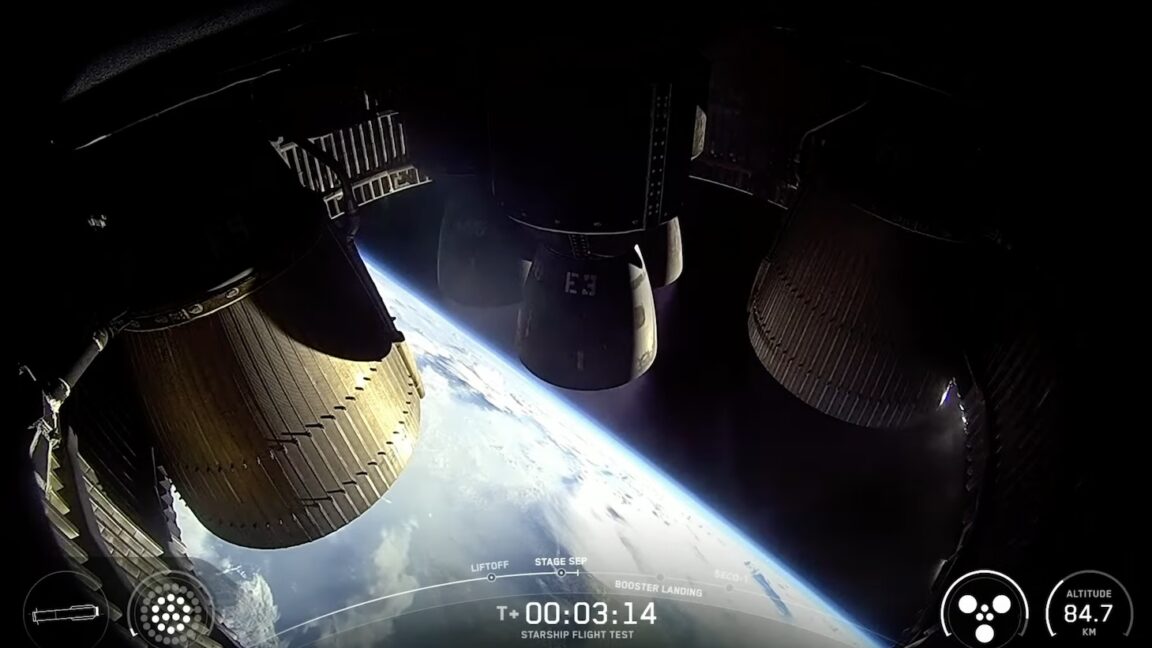
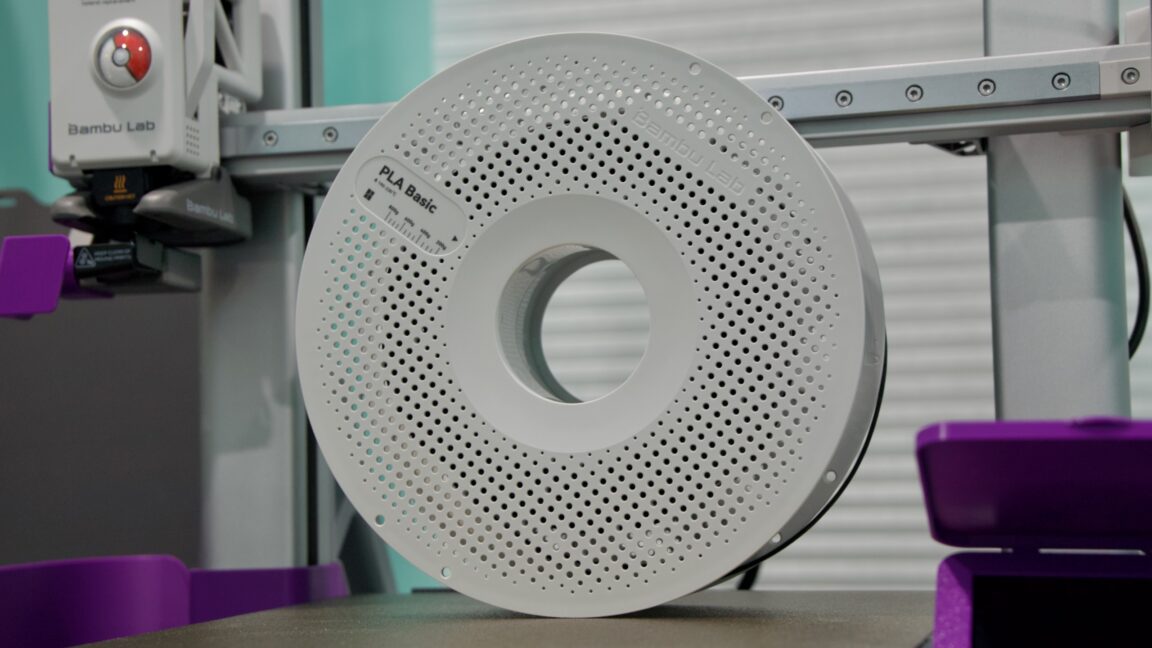
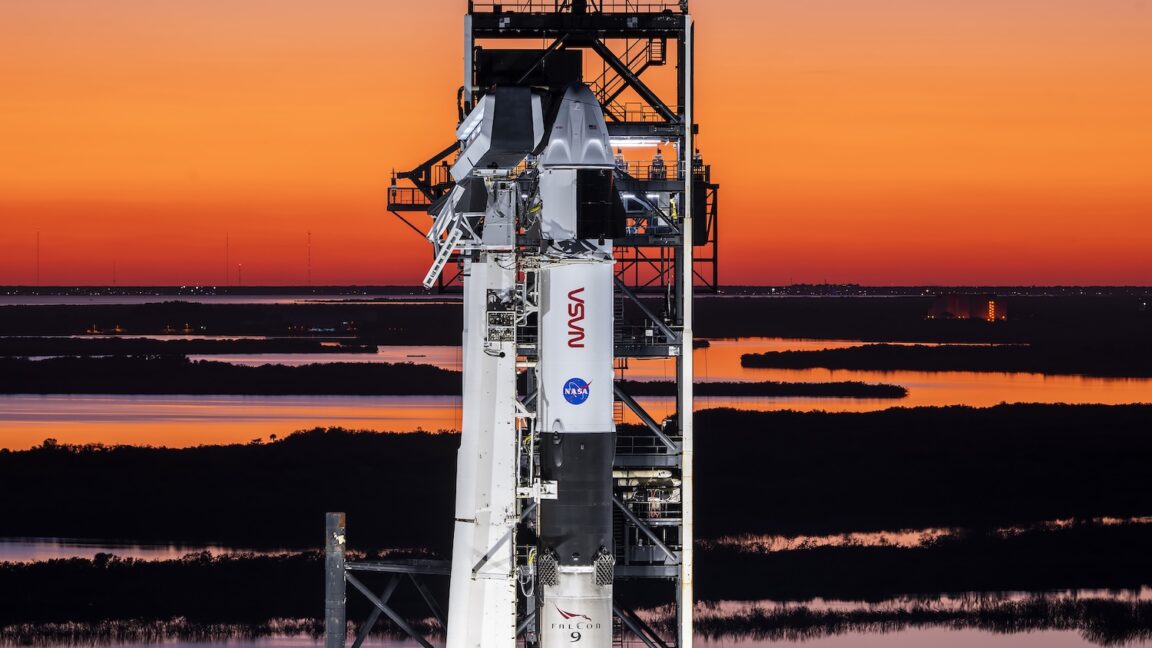














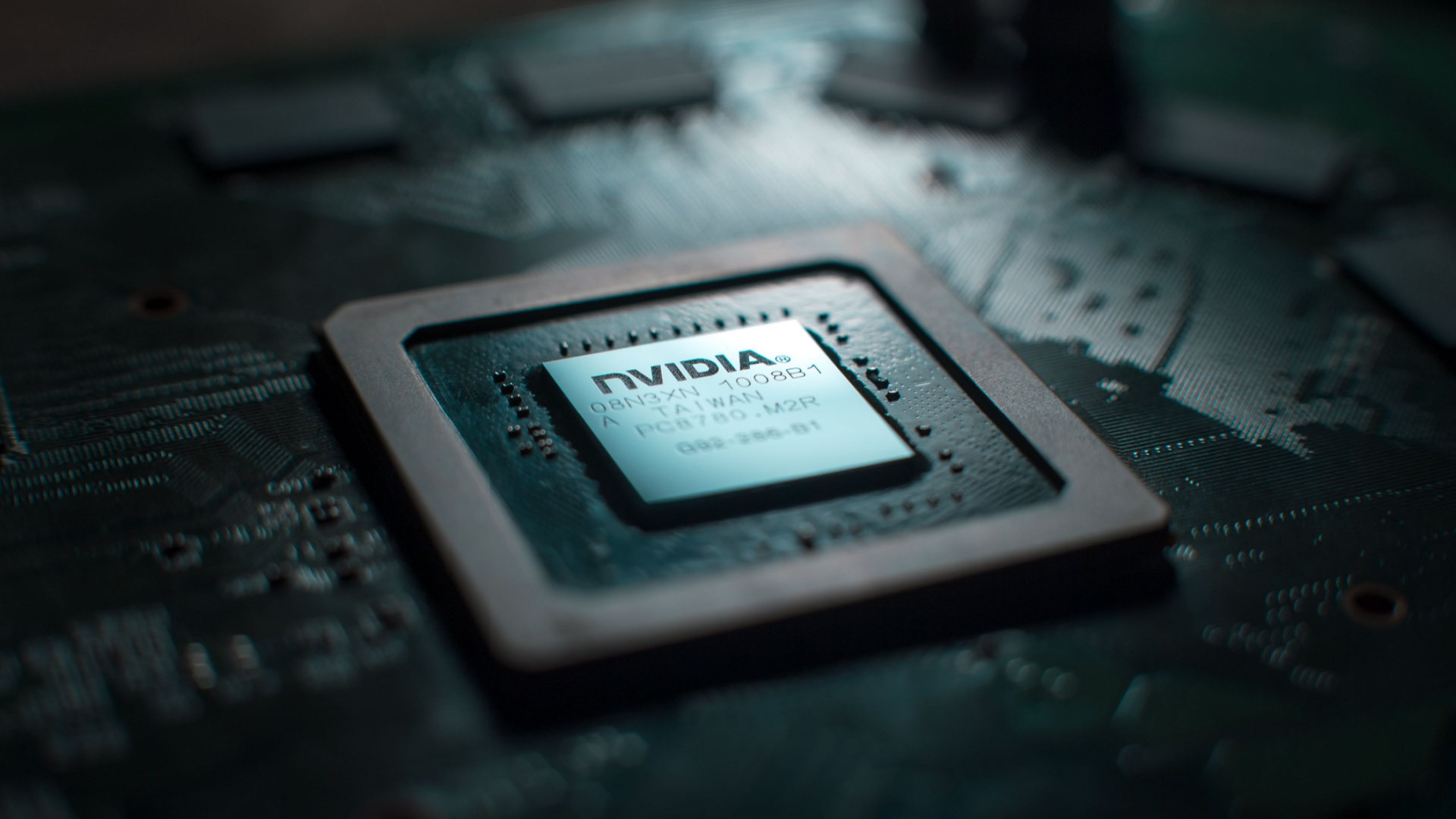

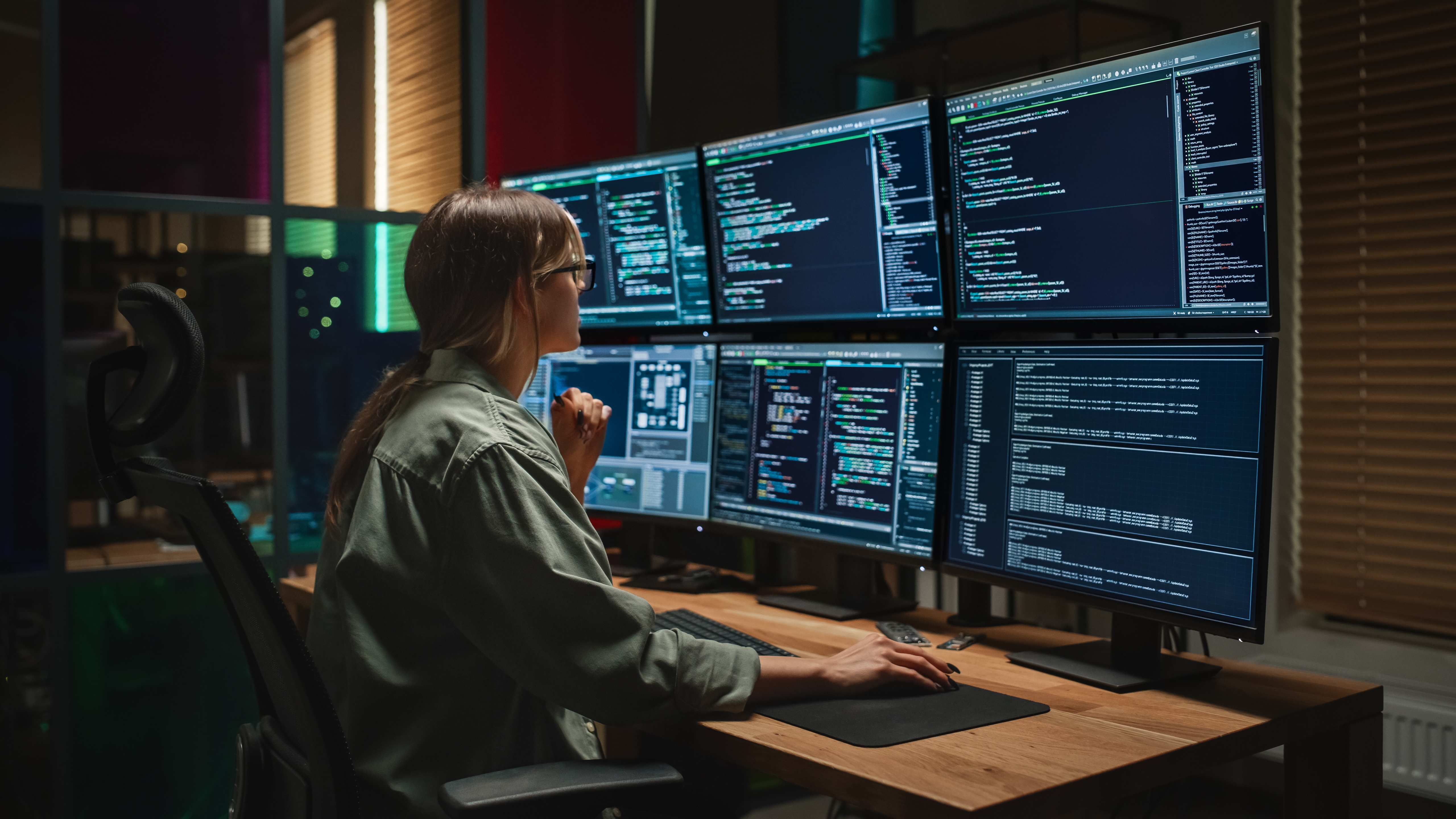





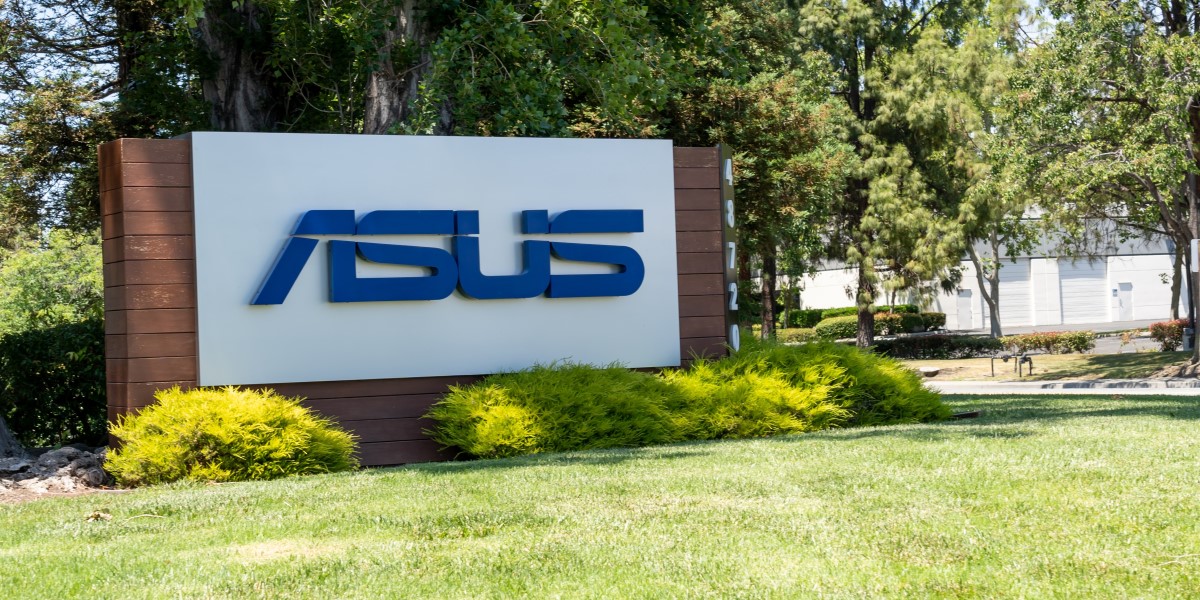





































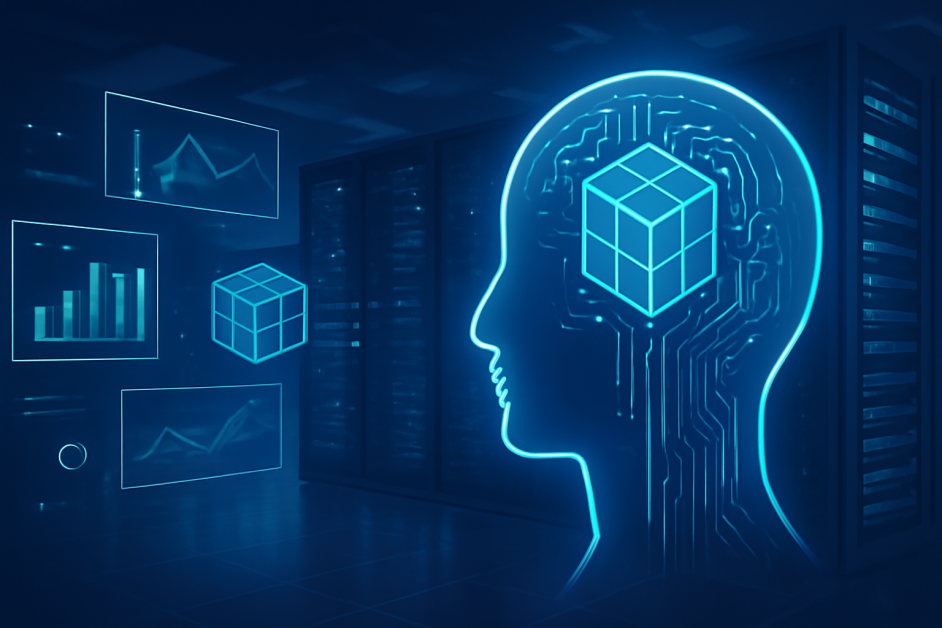

































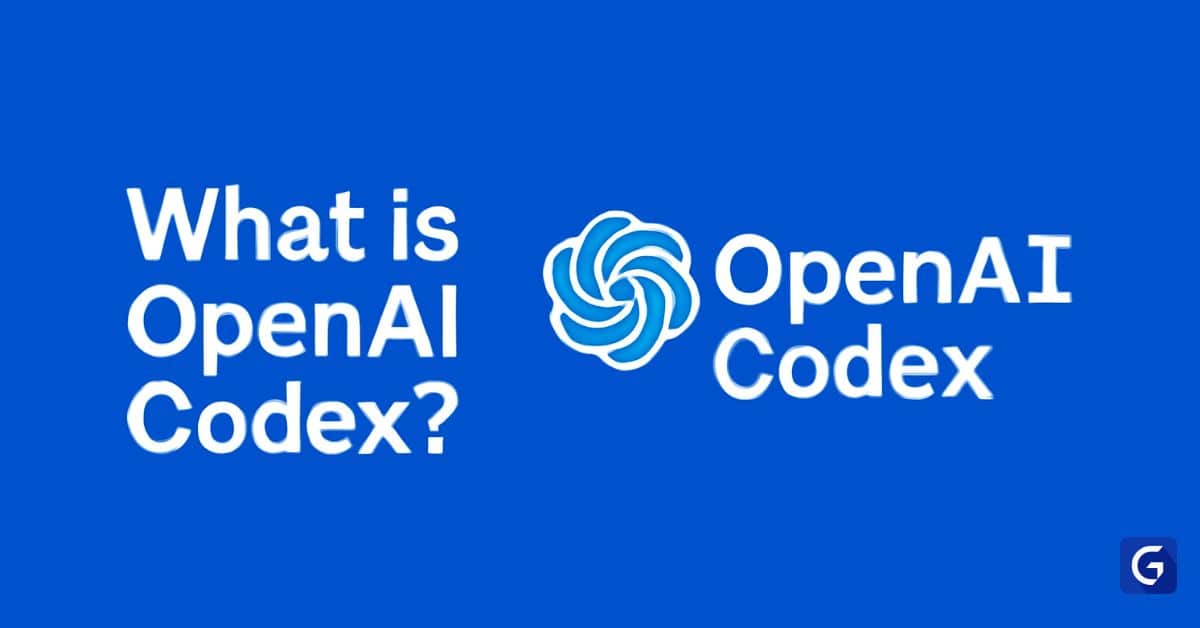











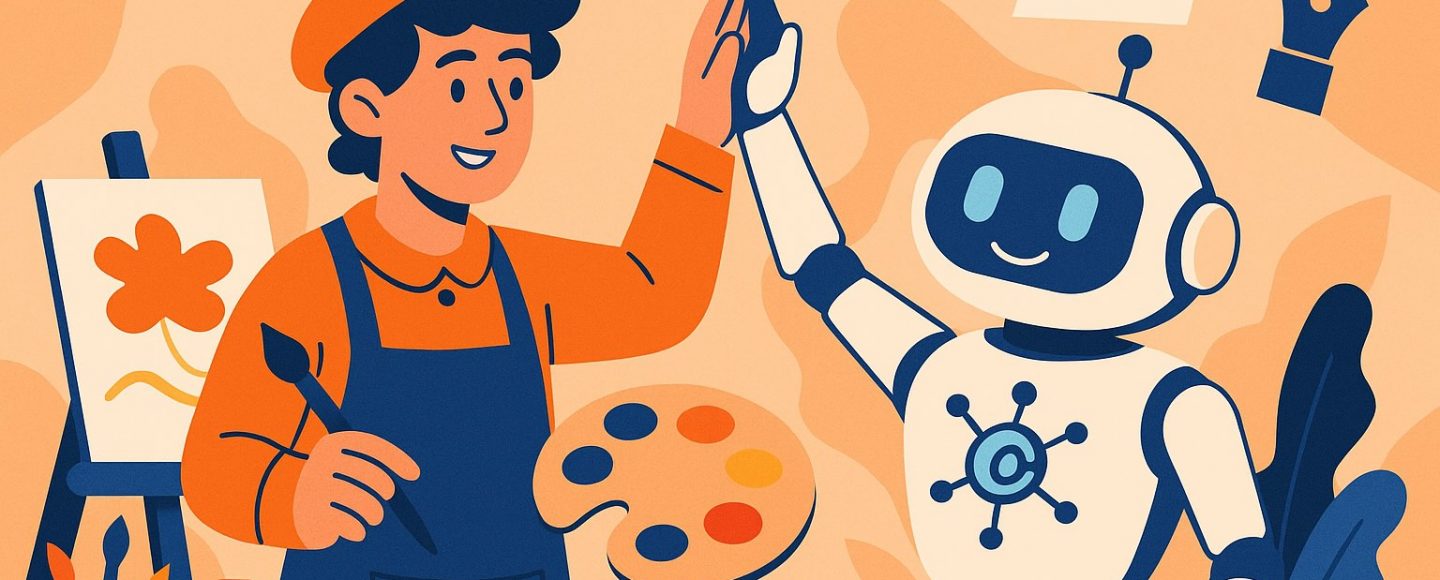
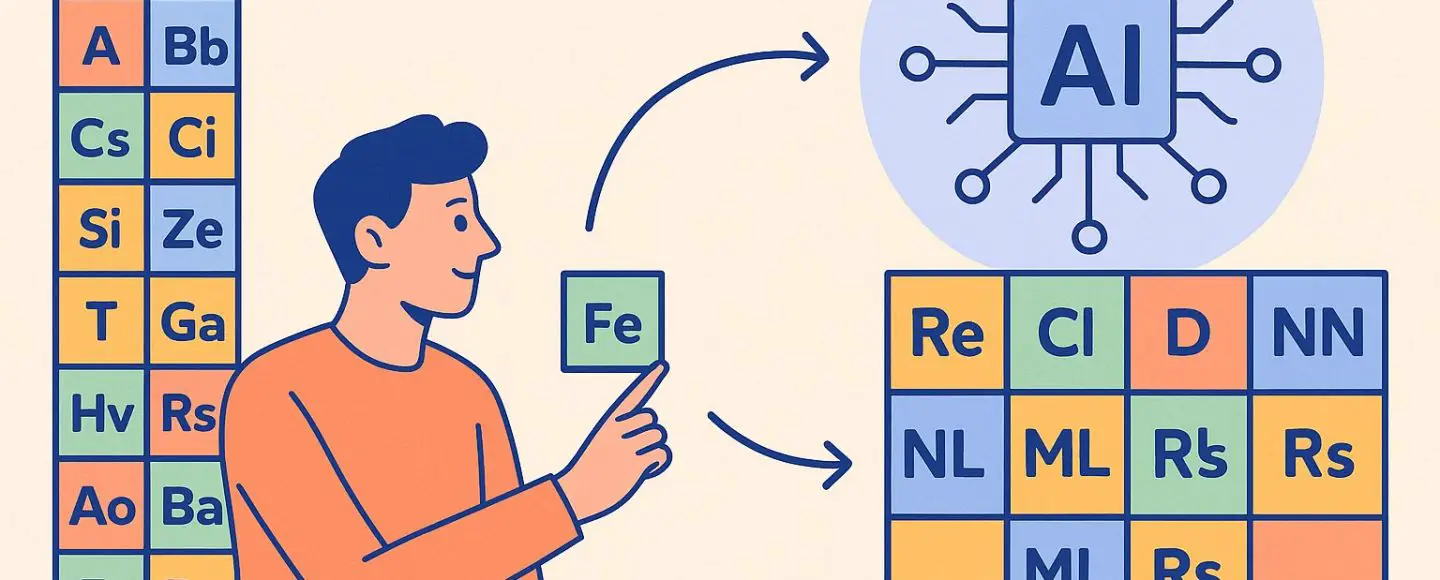
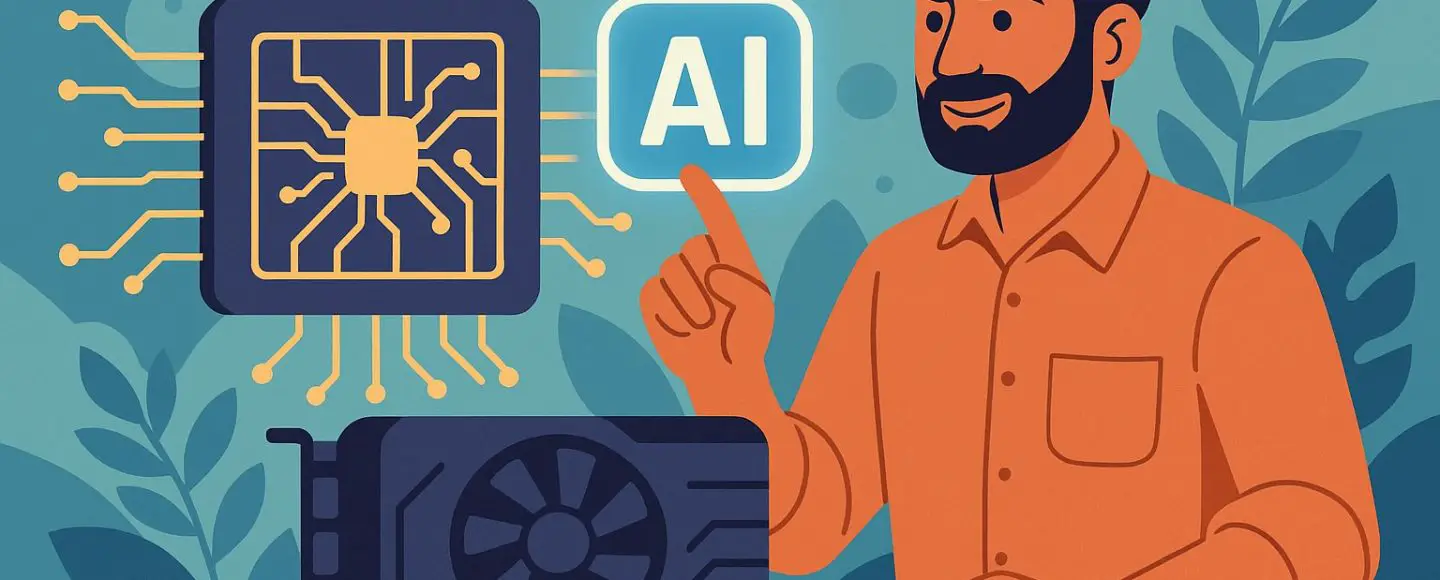
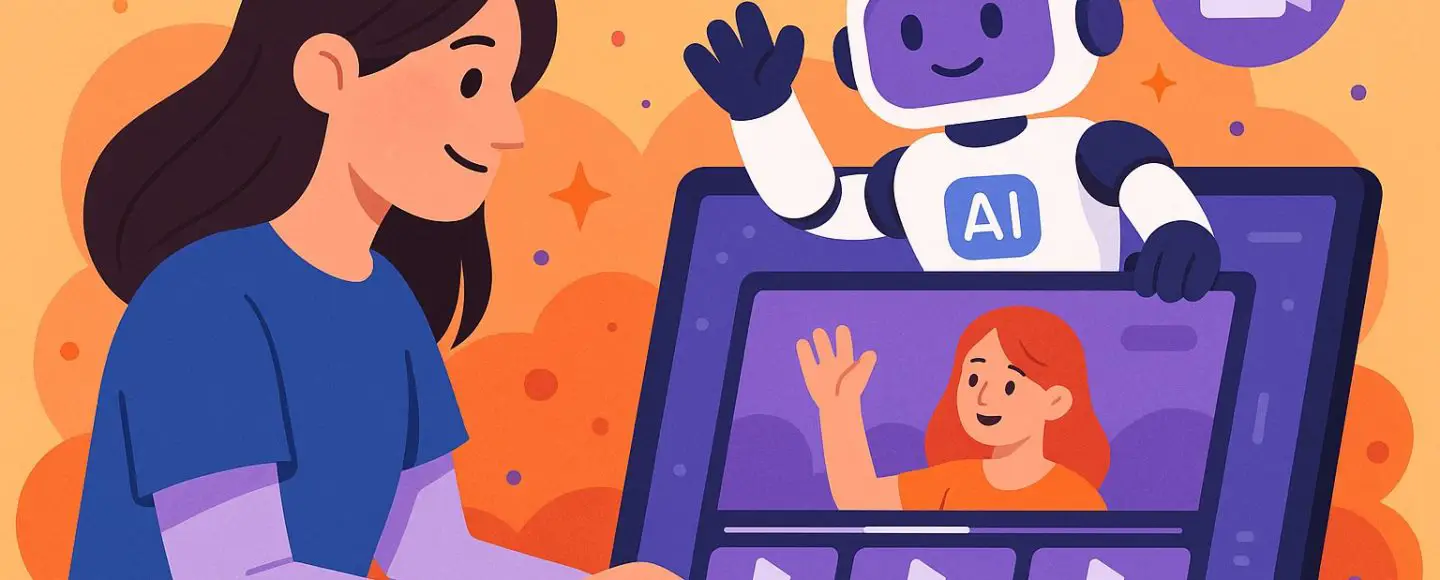




















































![[The AI Show Episode 149]: Google I/O, Claude 4, White Collar Jobs Automated in 5 Years, Jony Ive Joins OpenAI, and AI’s Impact on the Environment](https://www.marketingaiinstitute.com/hubfs/ep%20149%20cover.png)


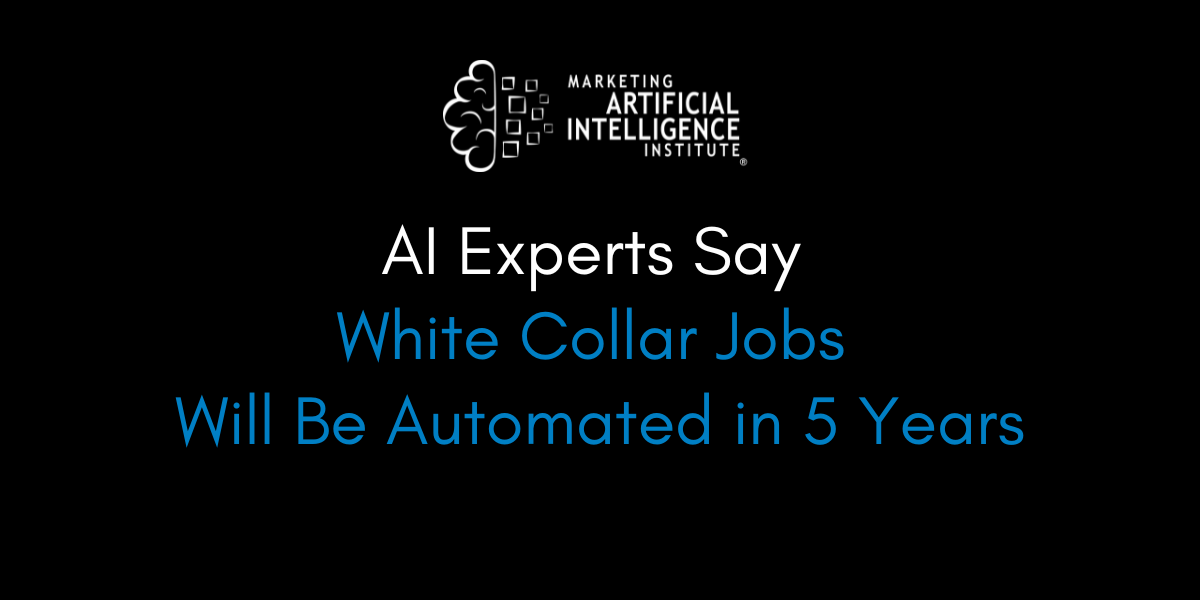




































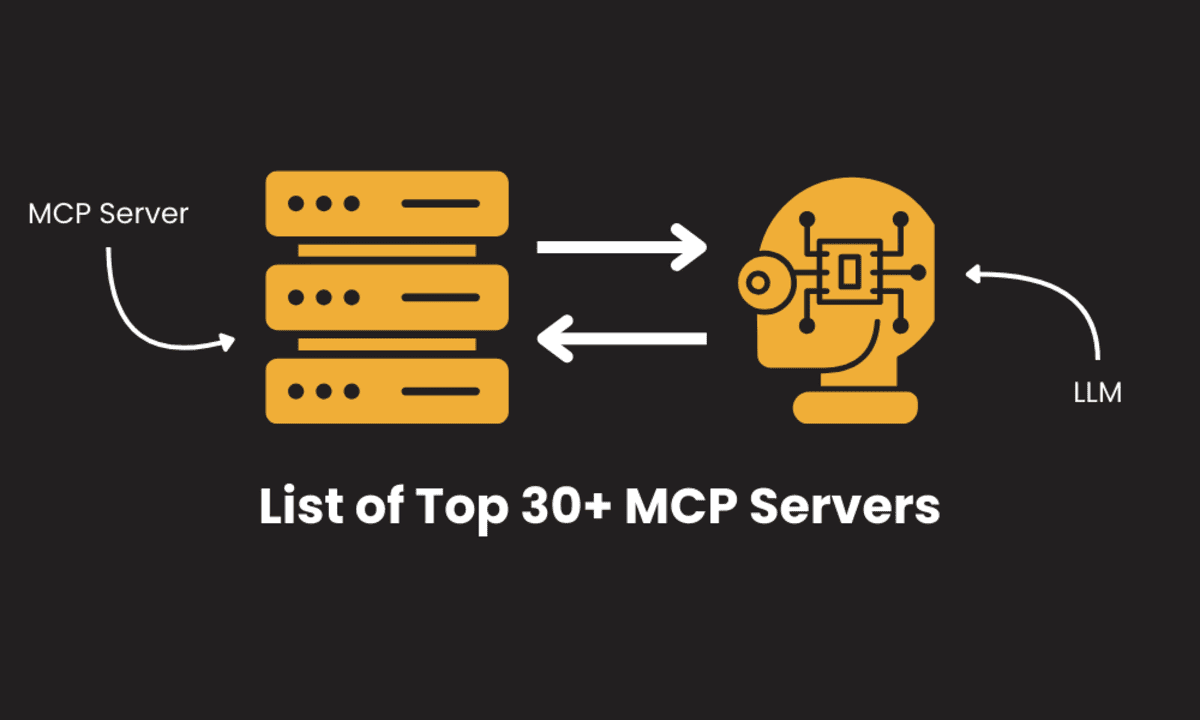


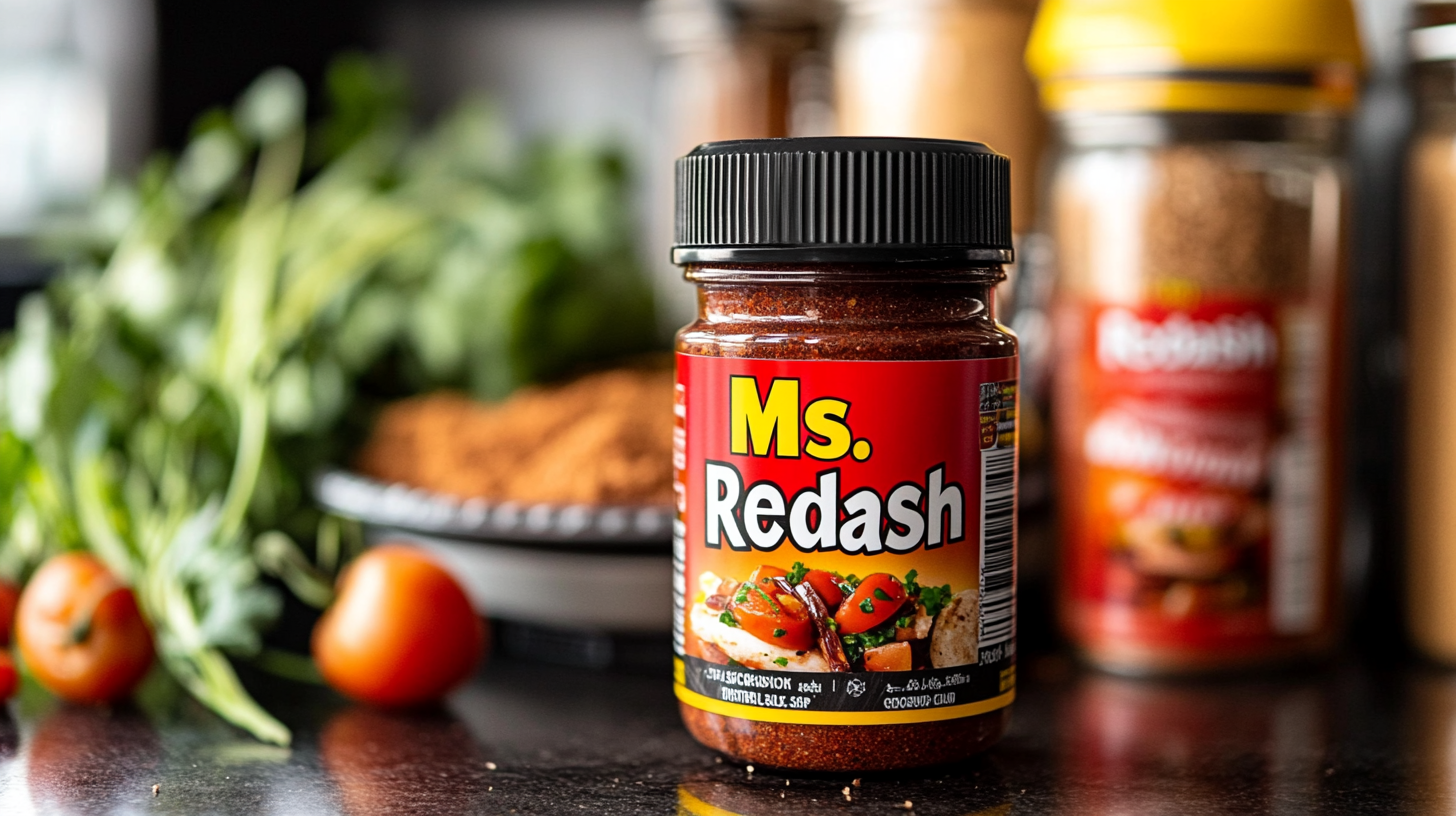























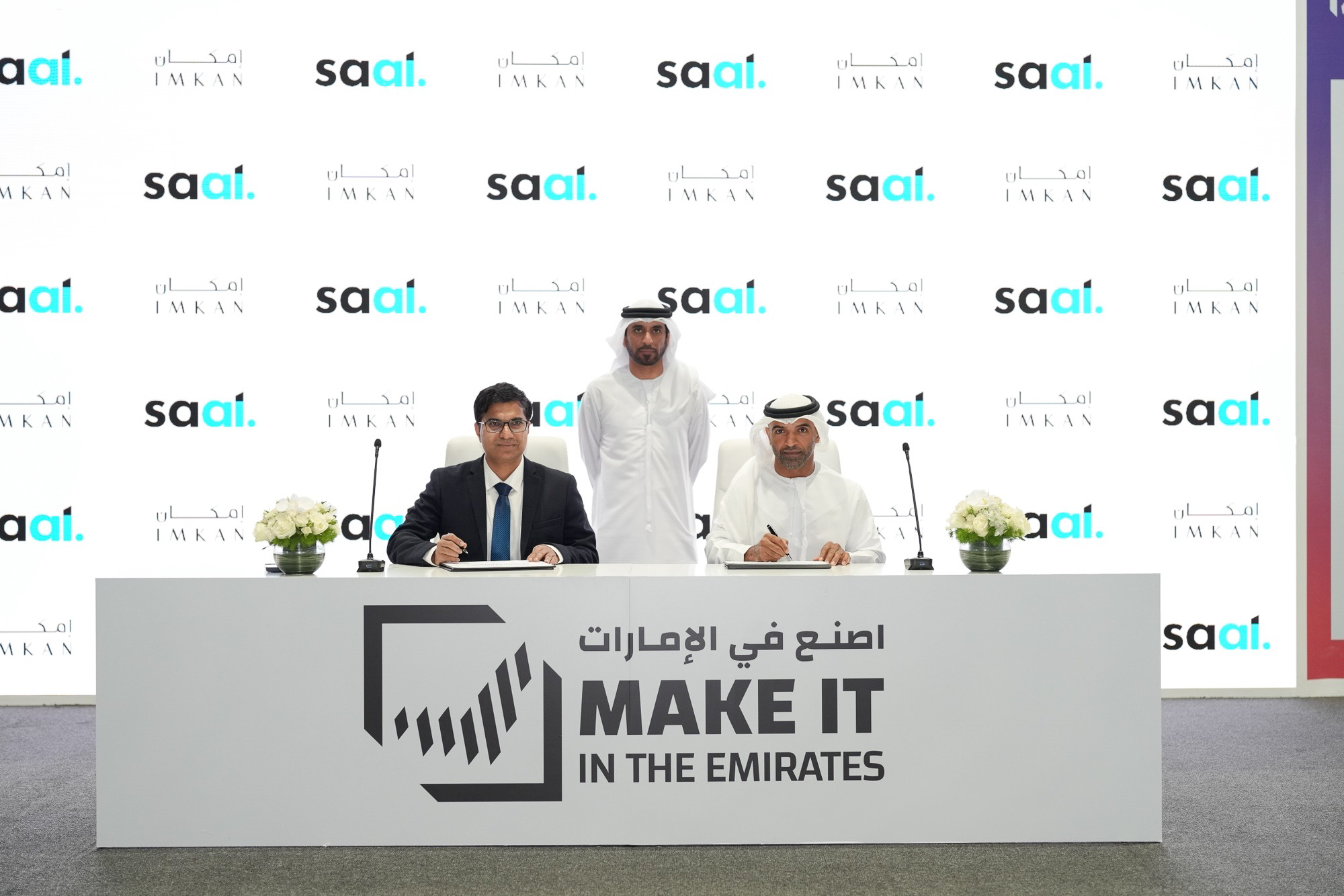


























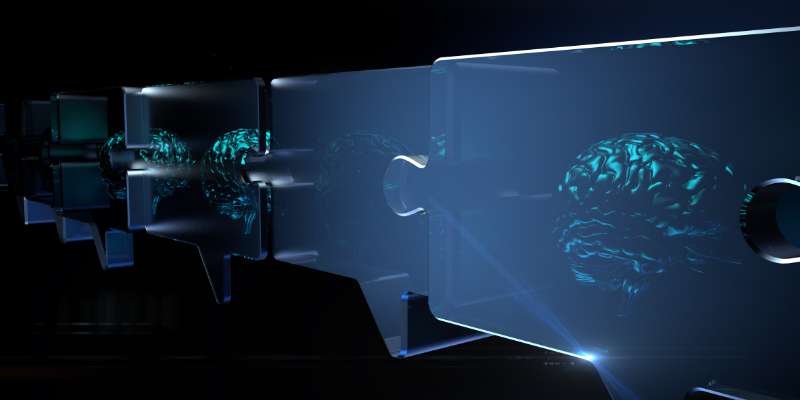
















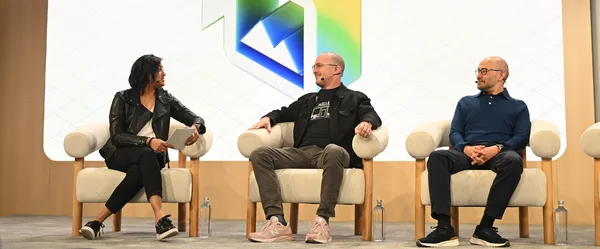
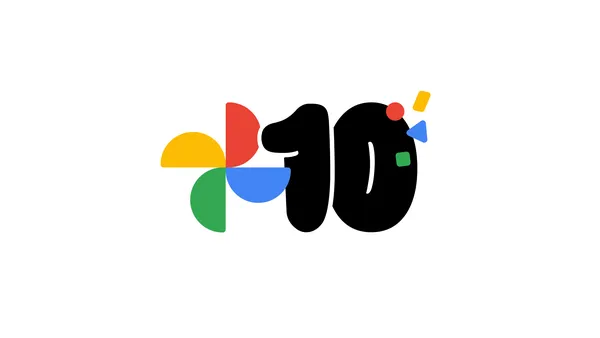




















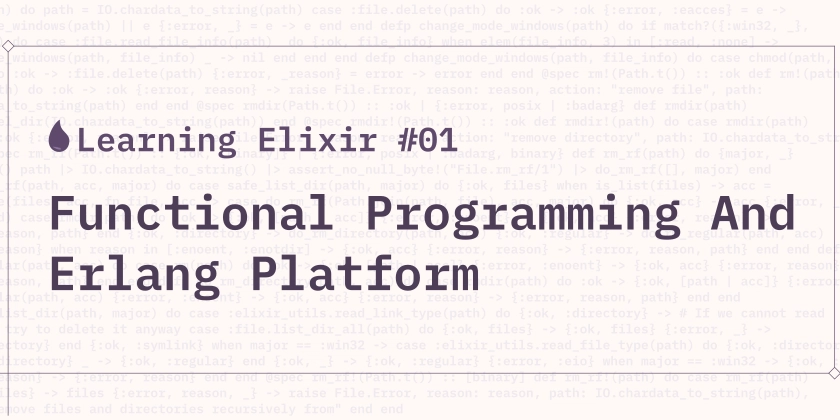
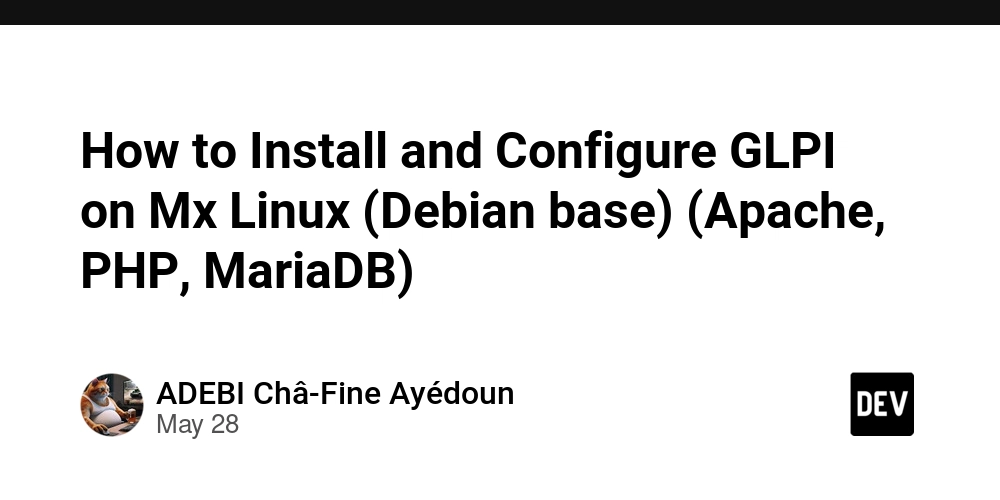
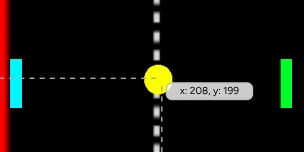

































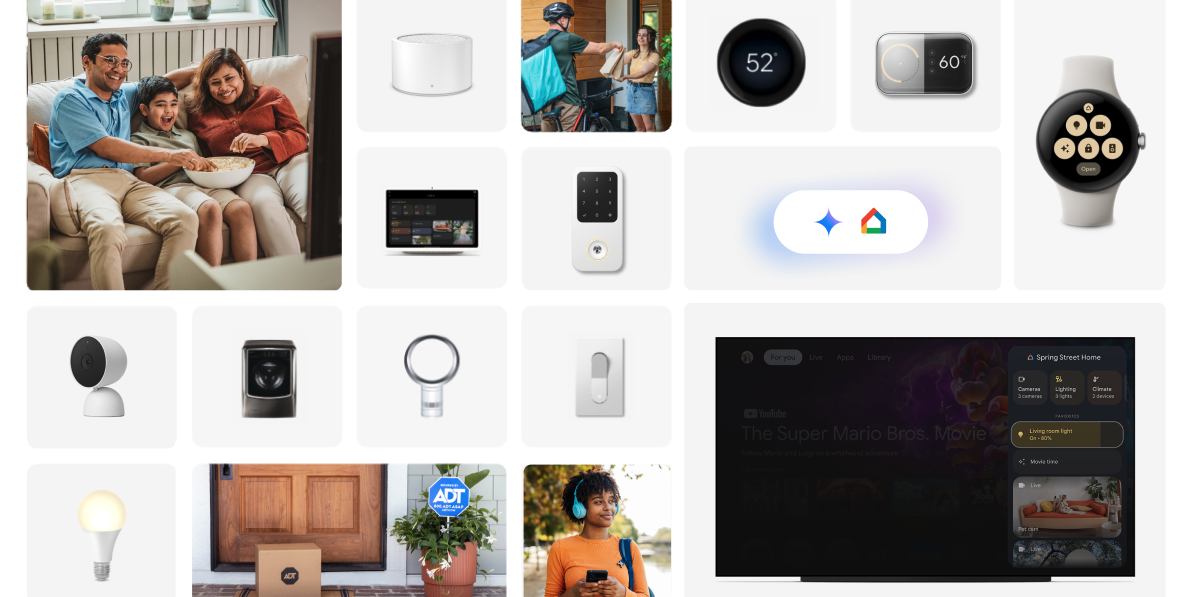
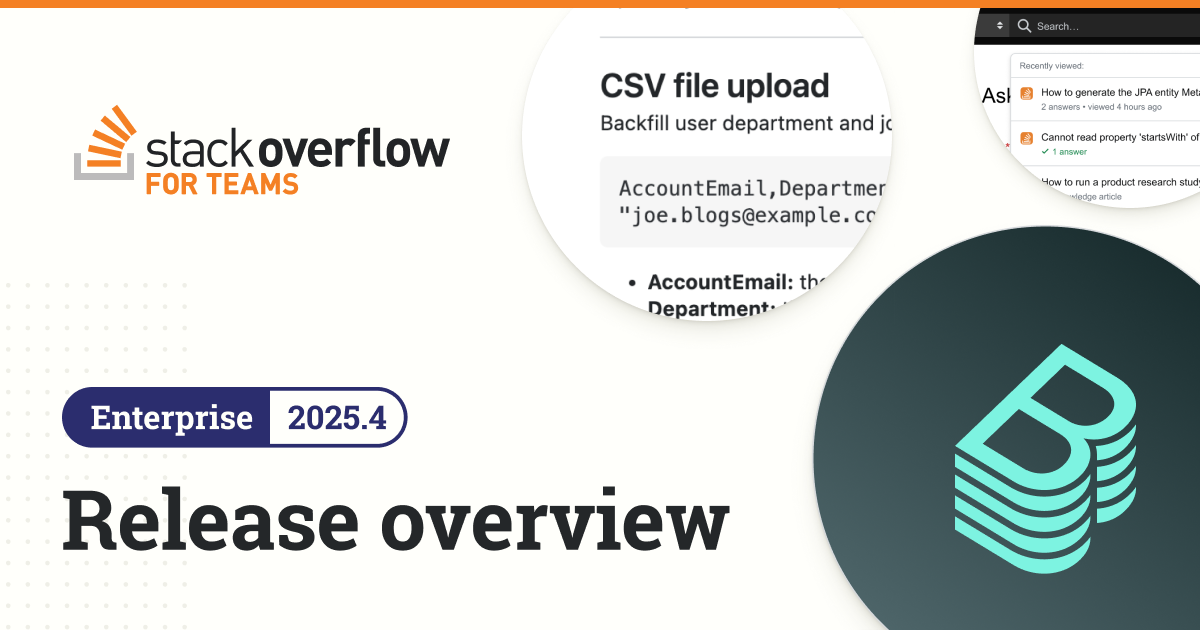


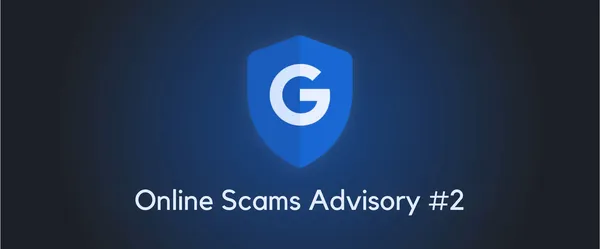





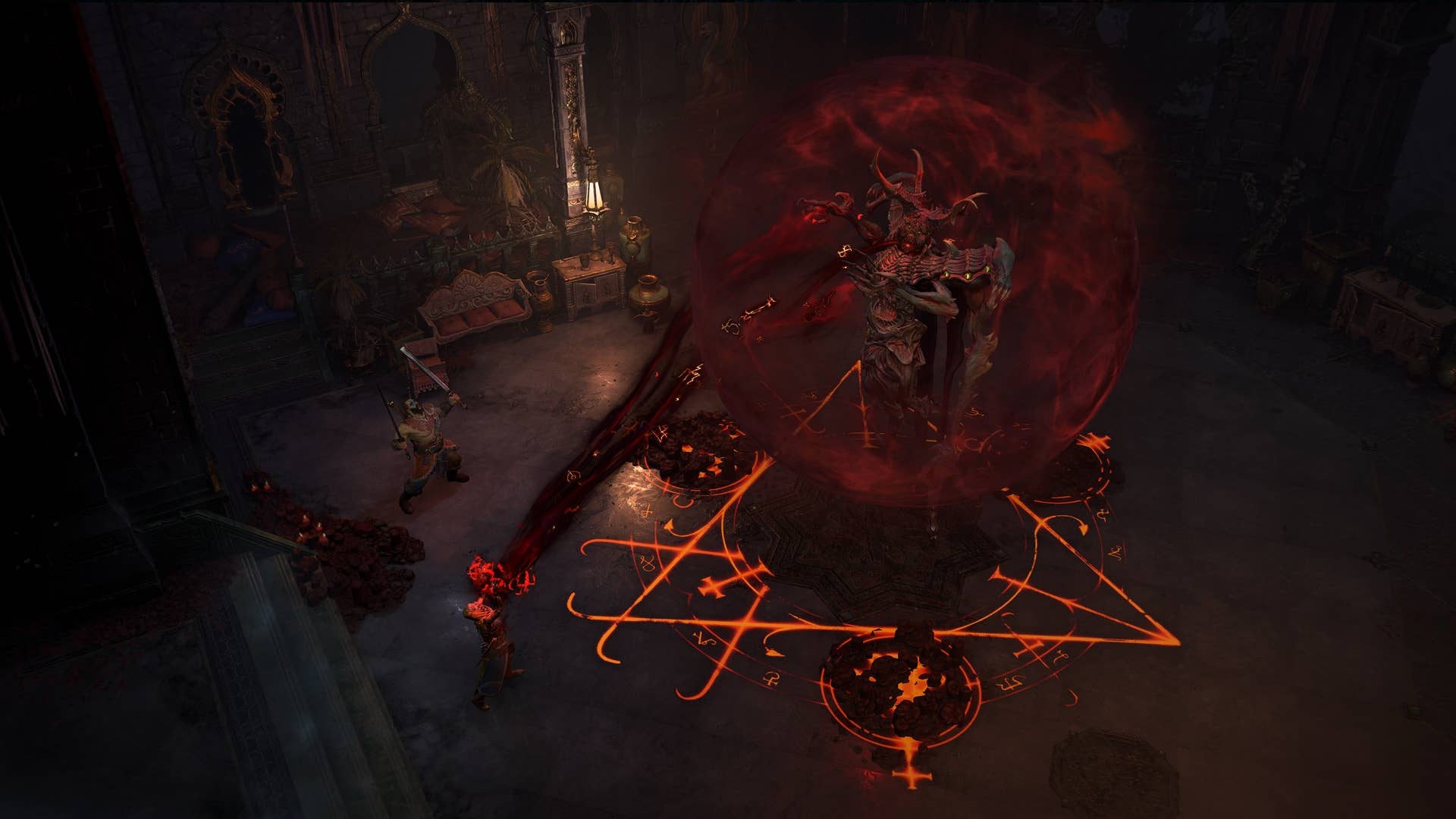









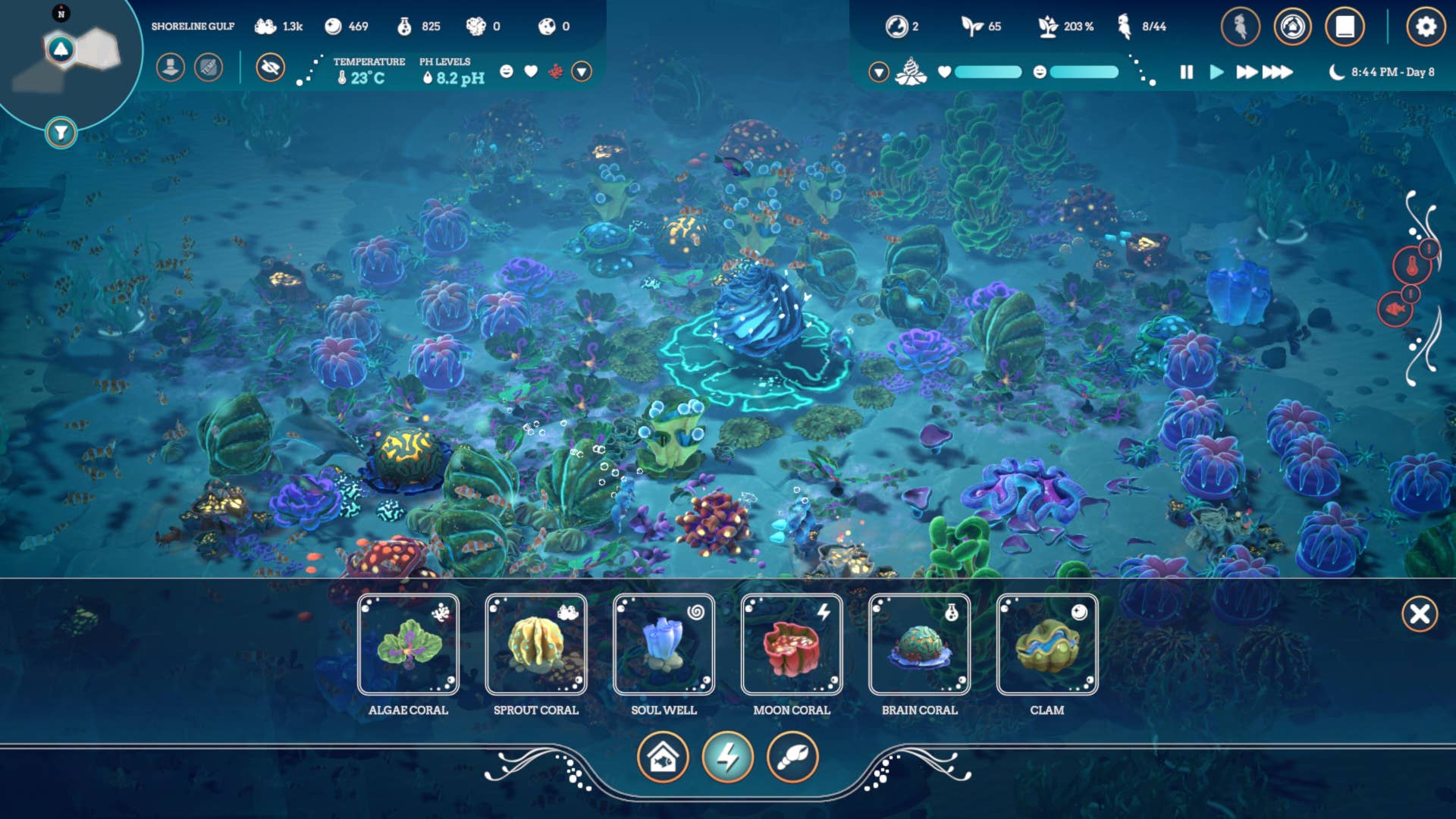





















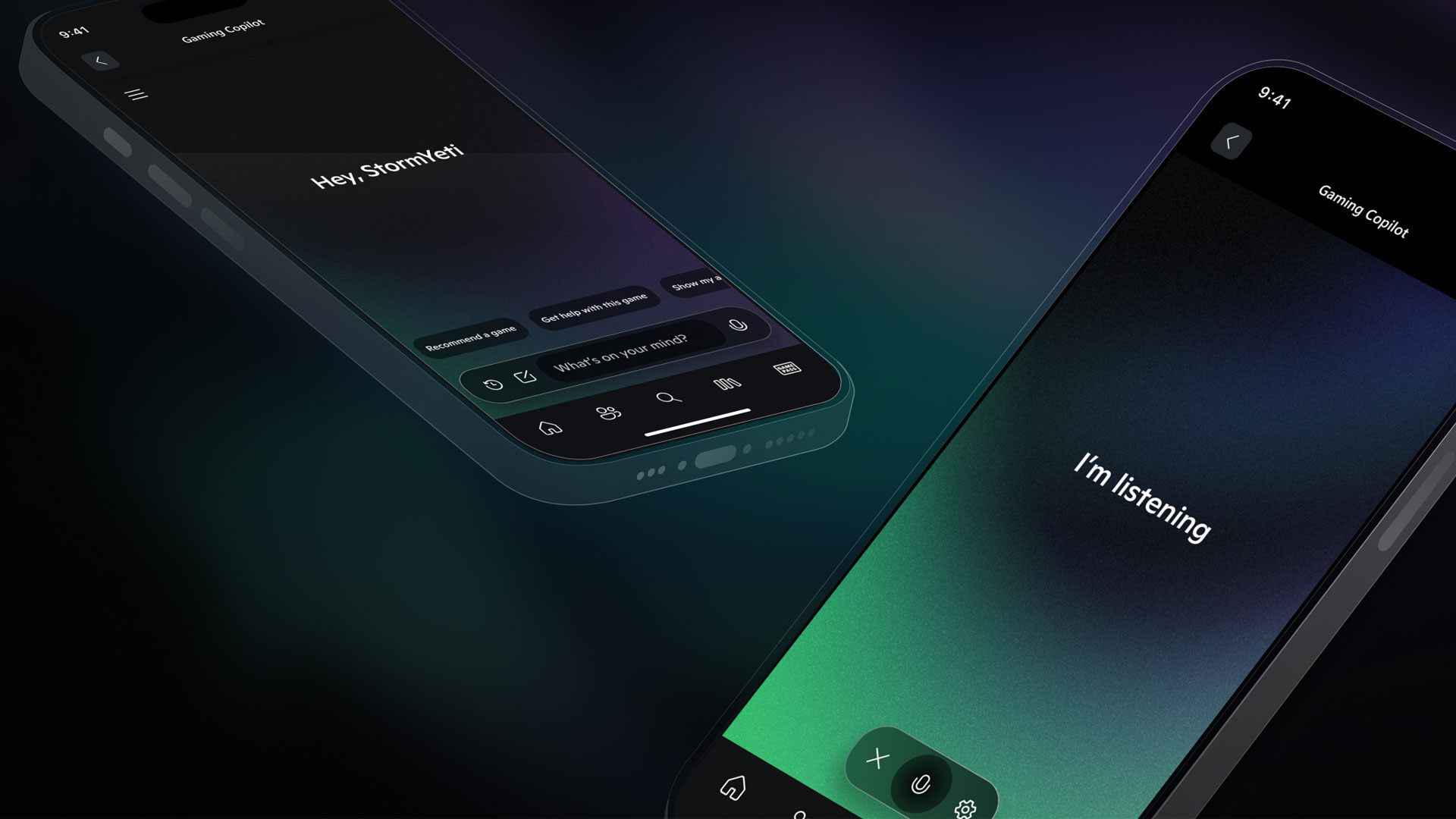



























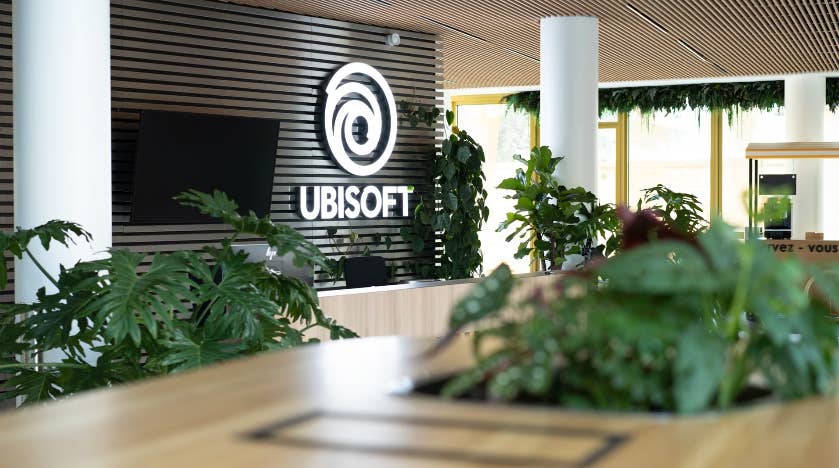
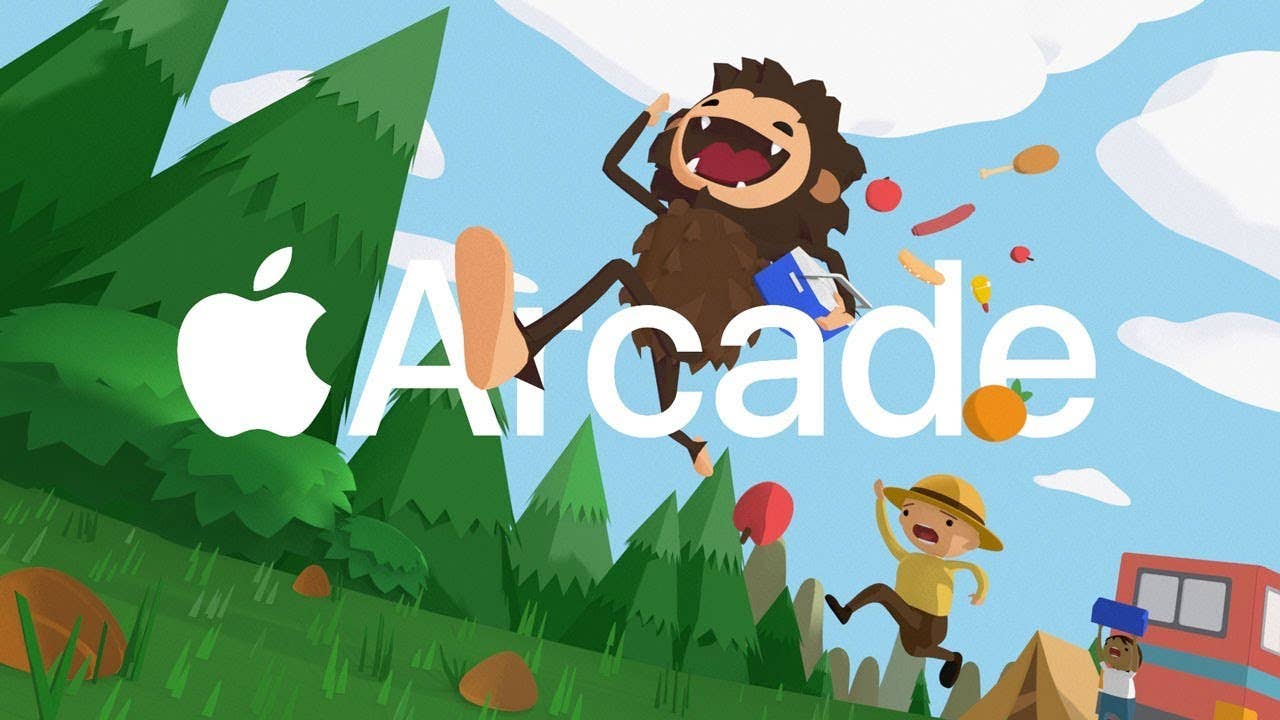




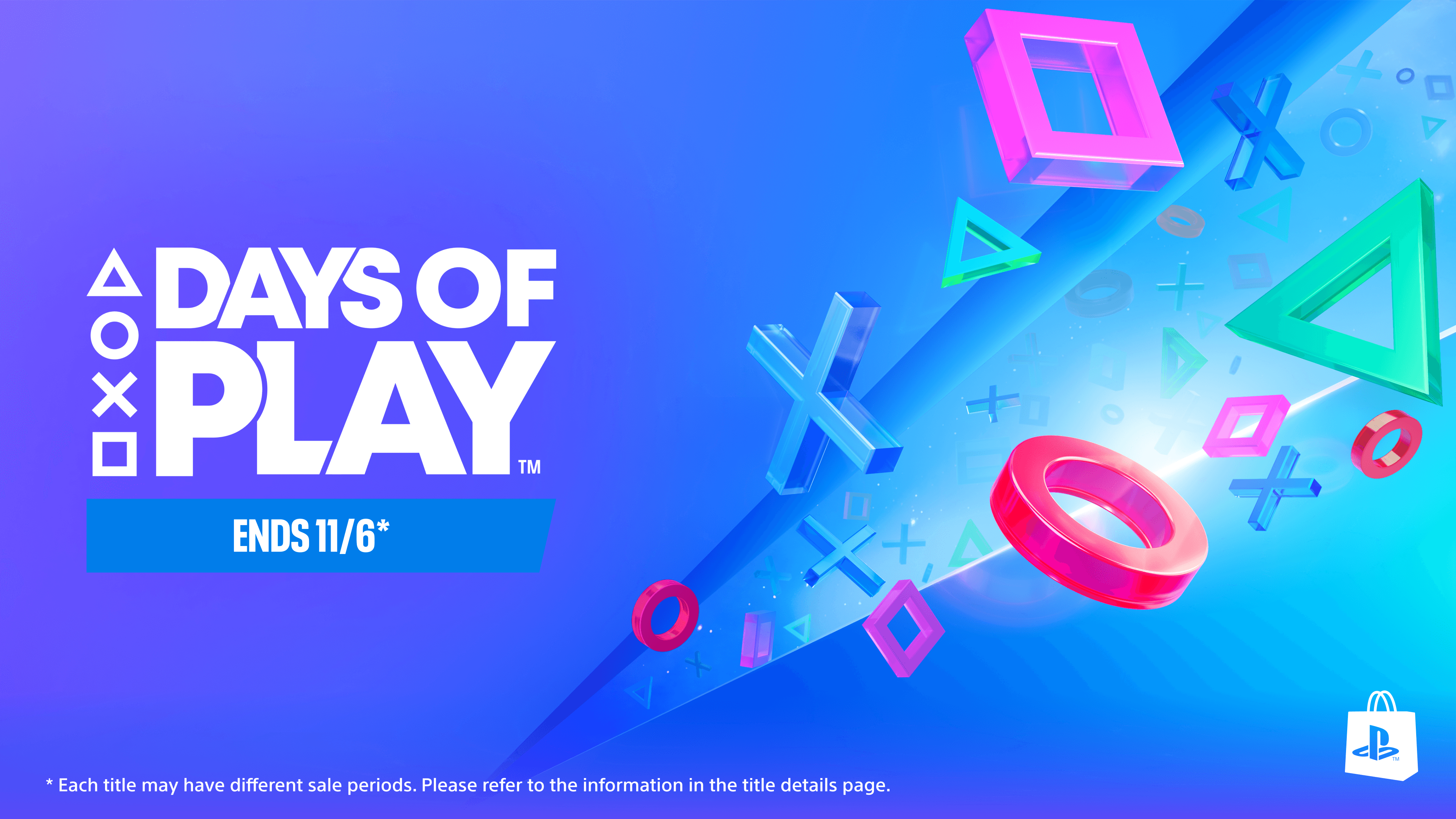








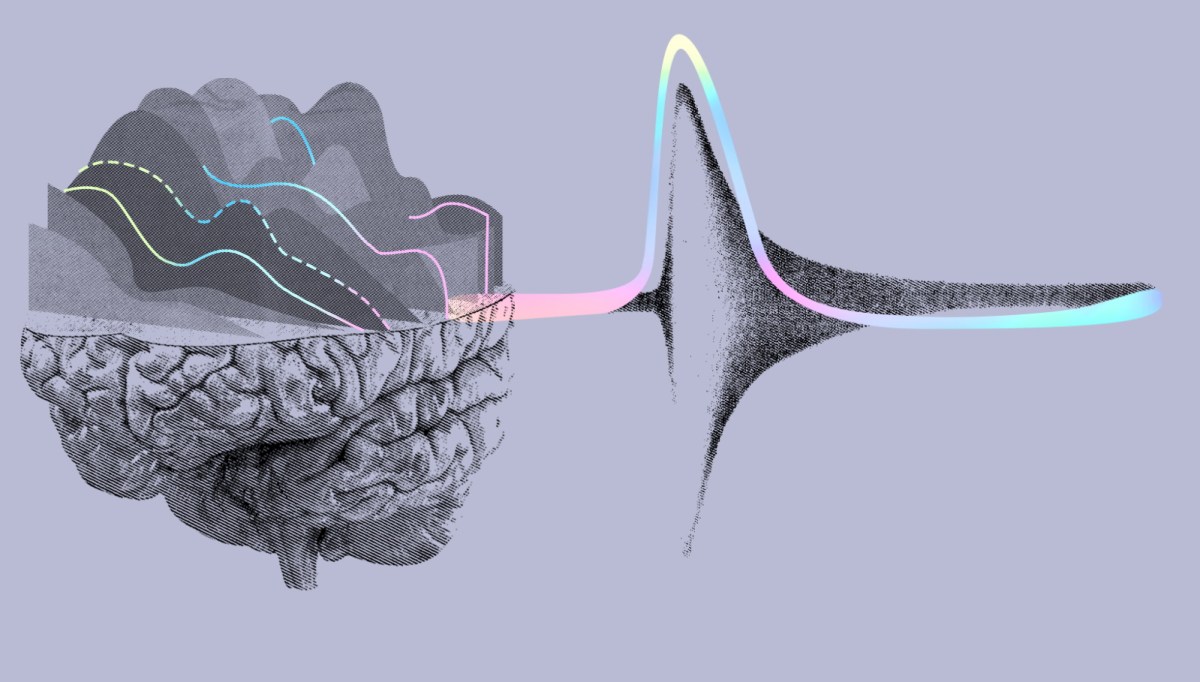










_Illia_Uriadnikov_Alamy.jpg?width=1280&auto=webp&quality=80&disable=upscale#)























































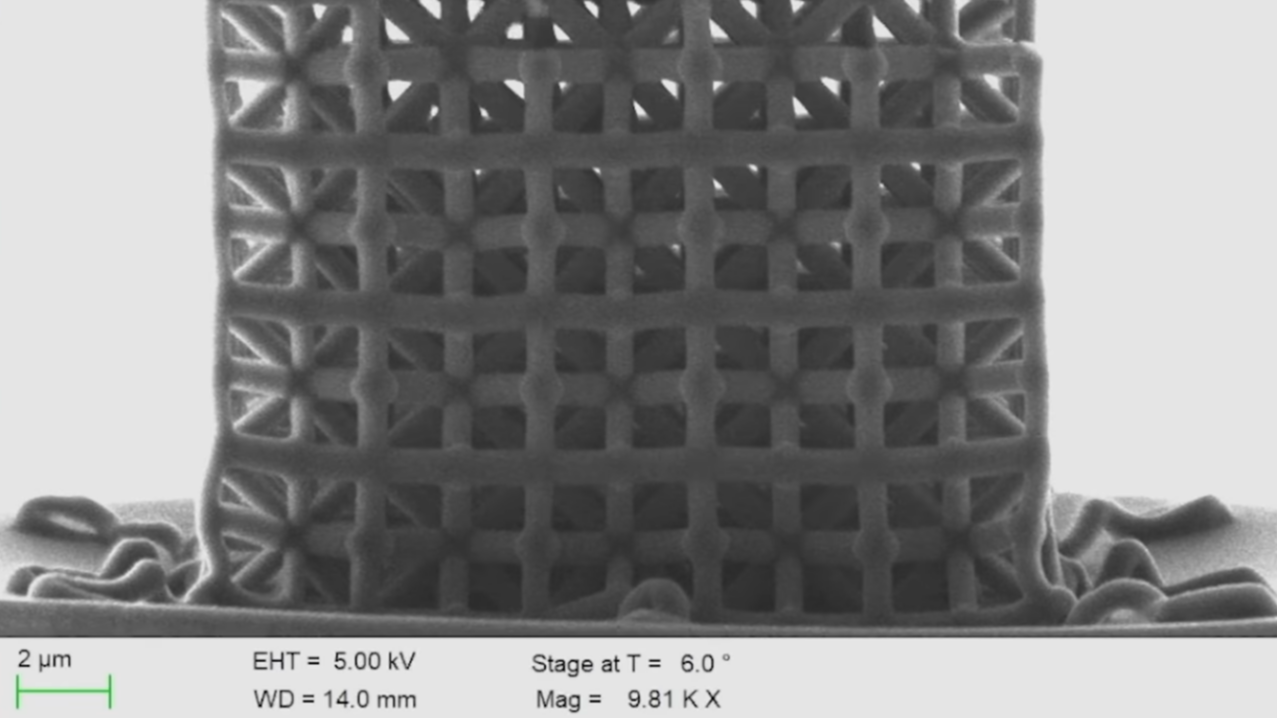
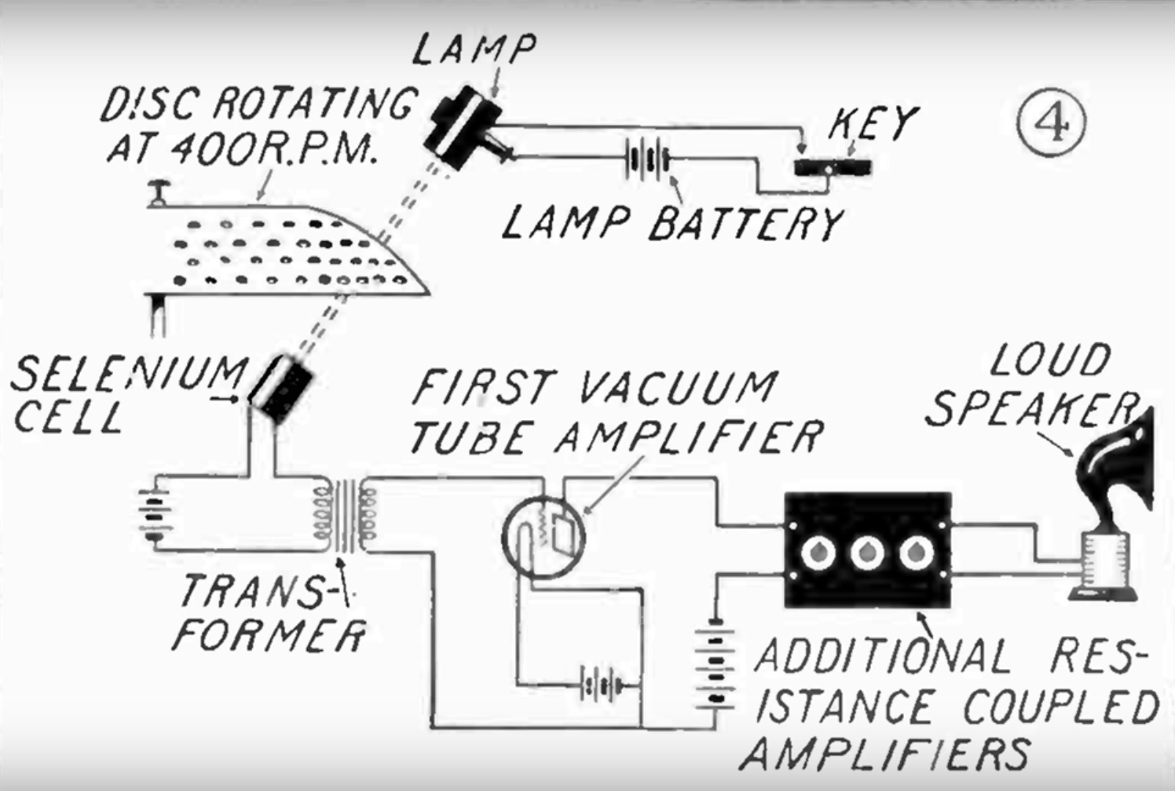
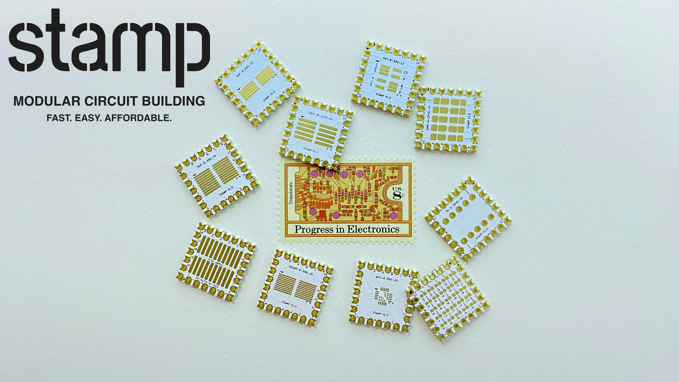
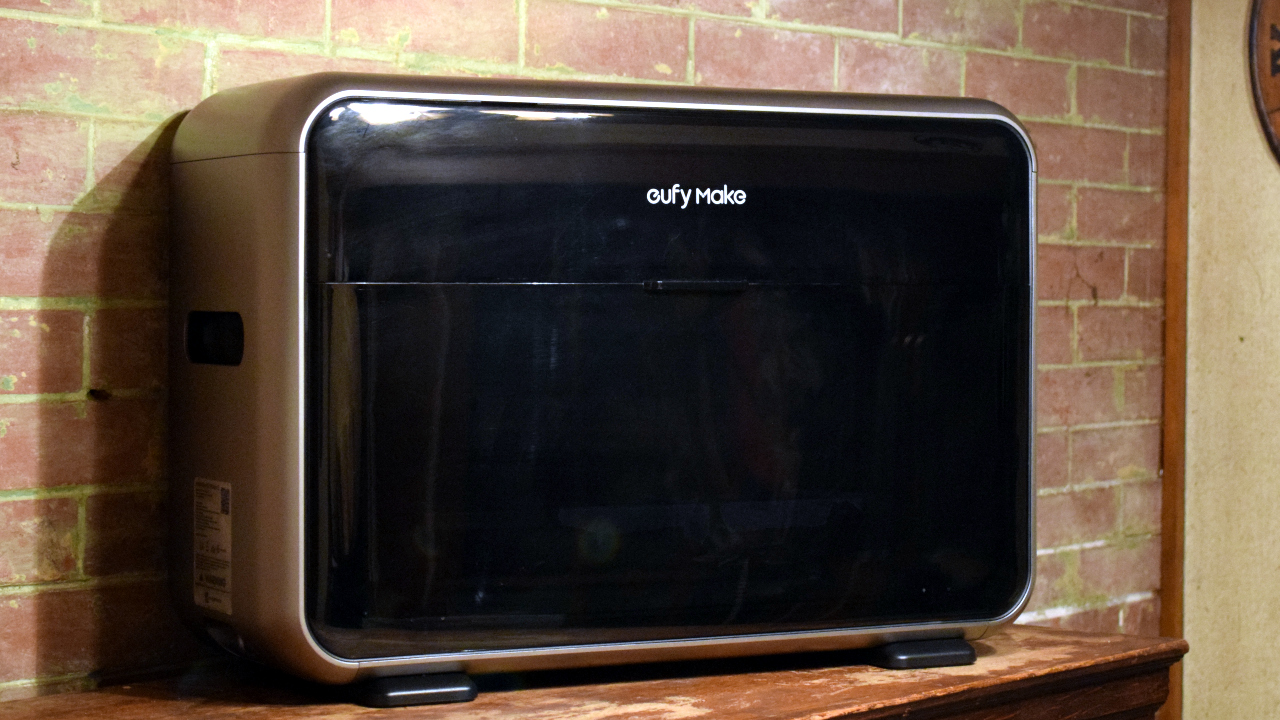


















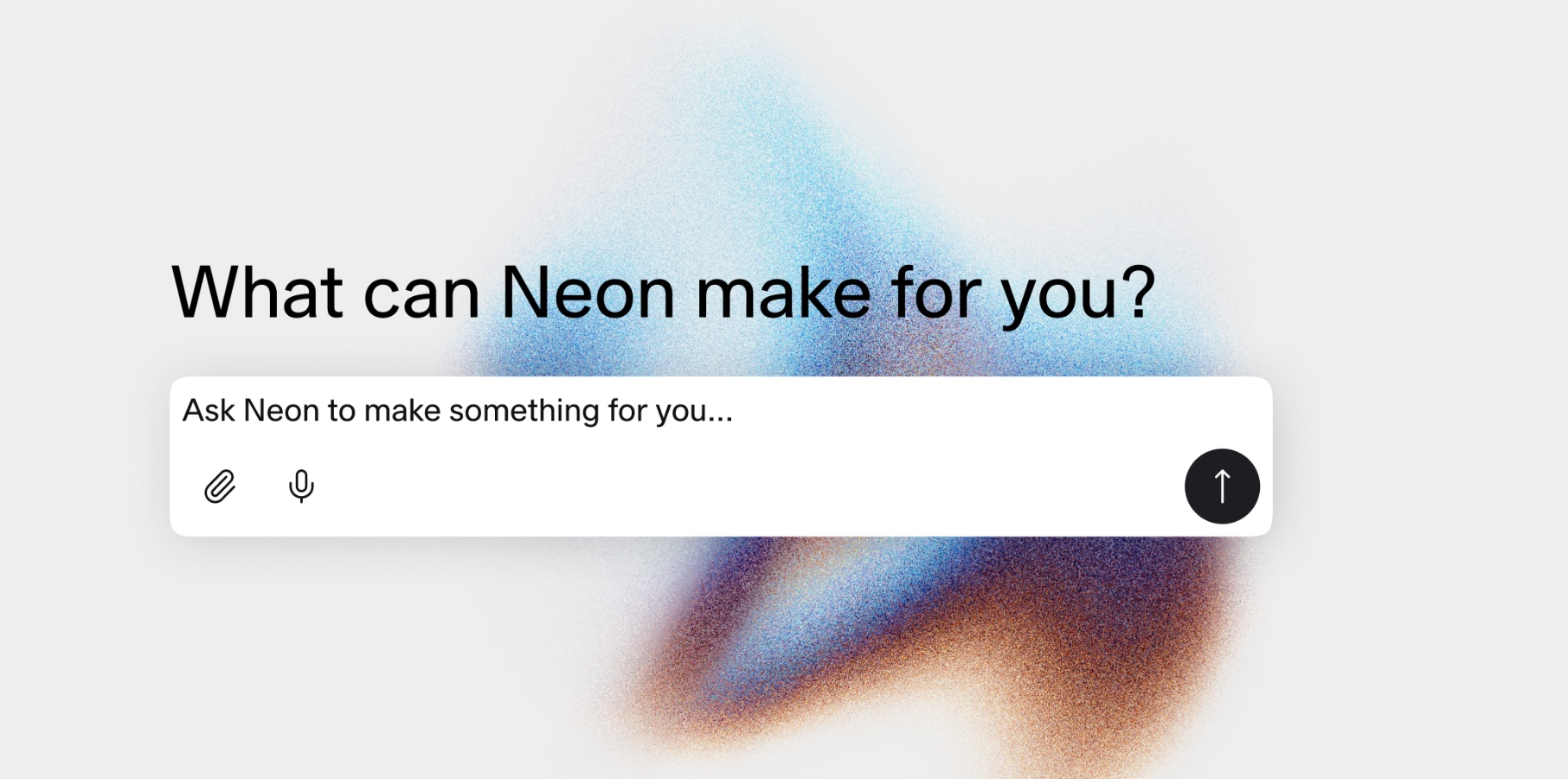



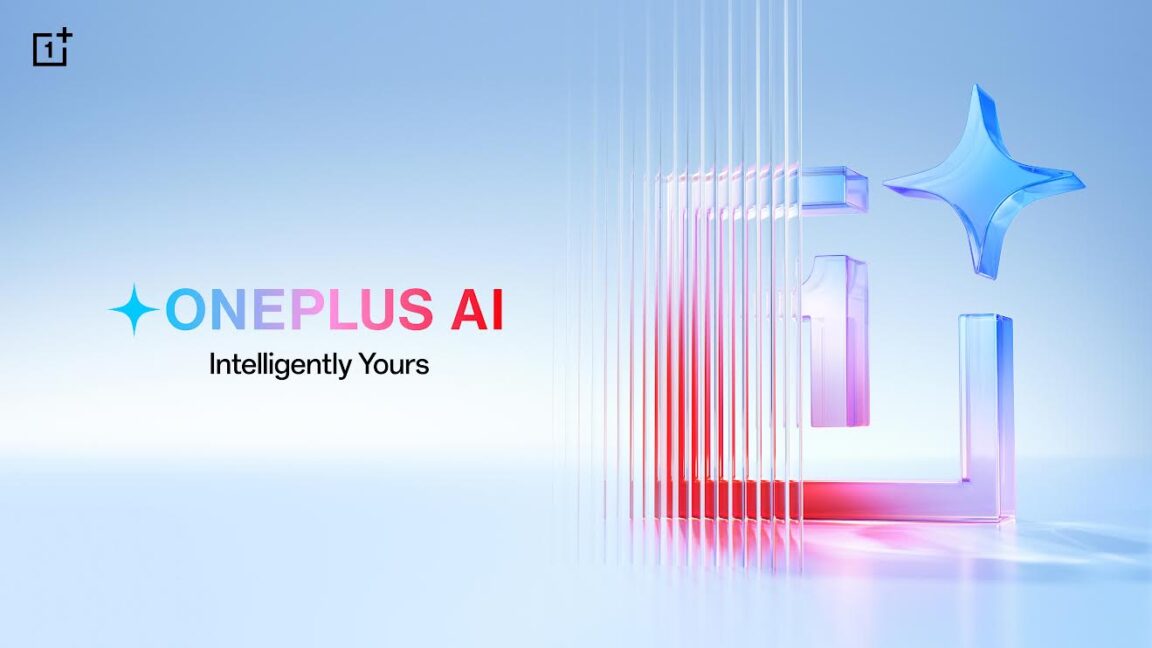


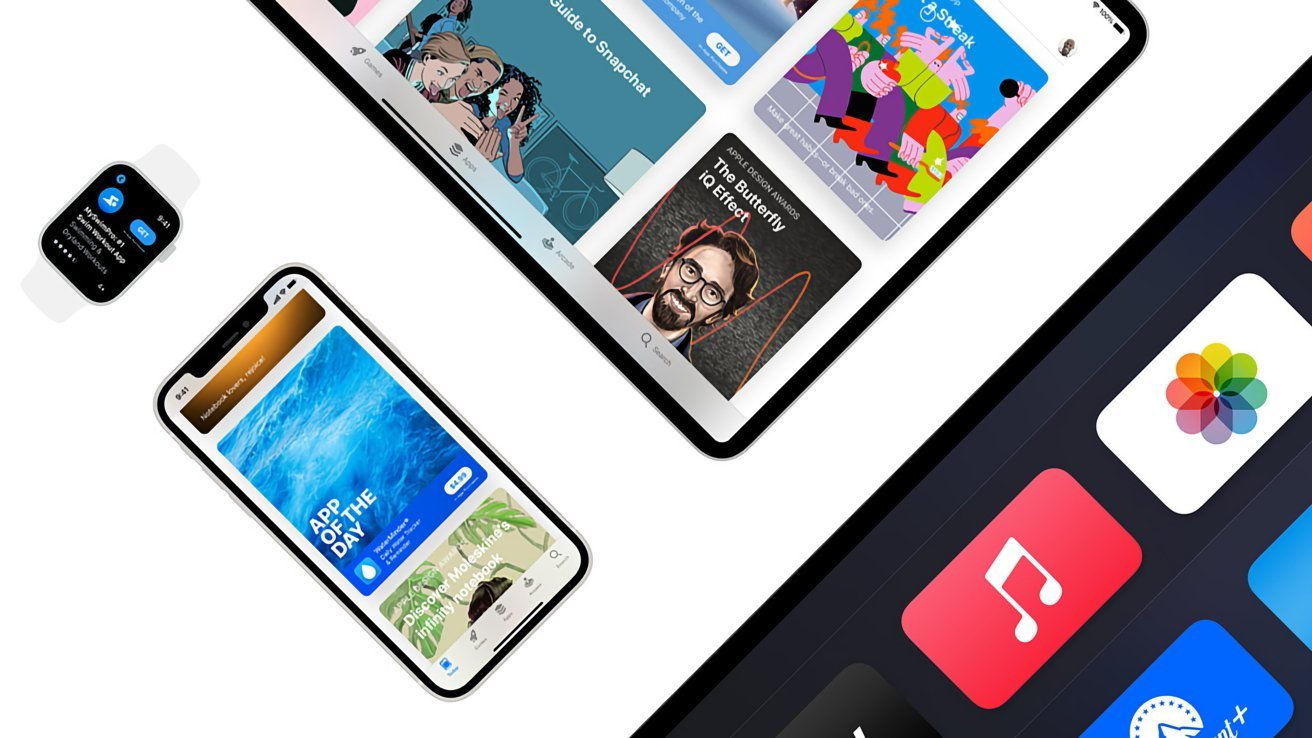
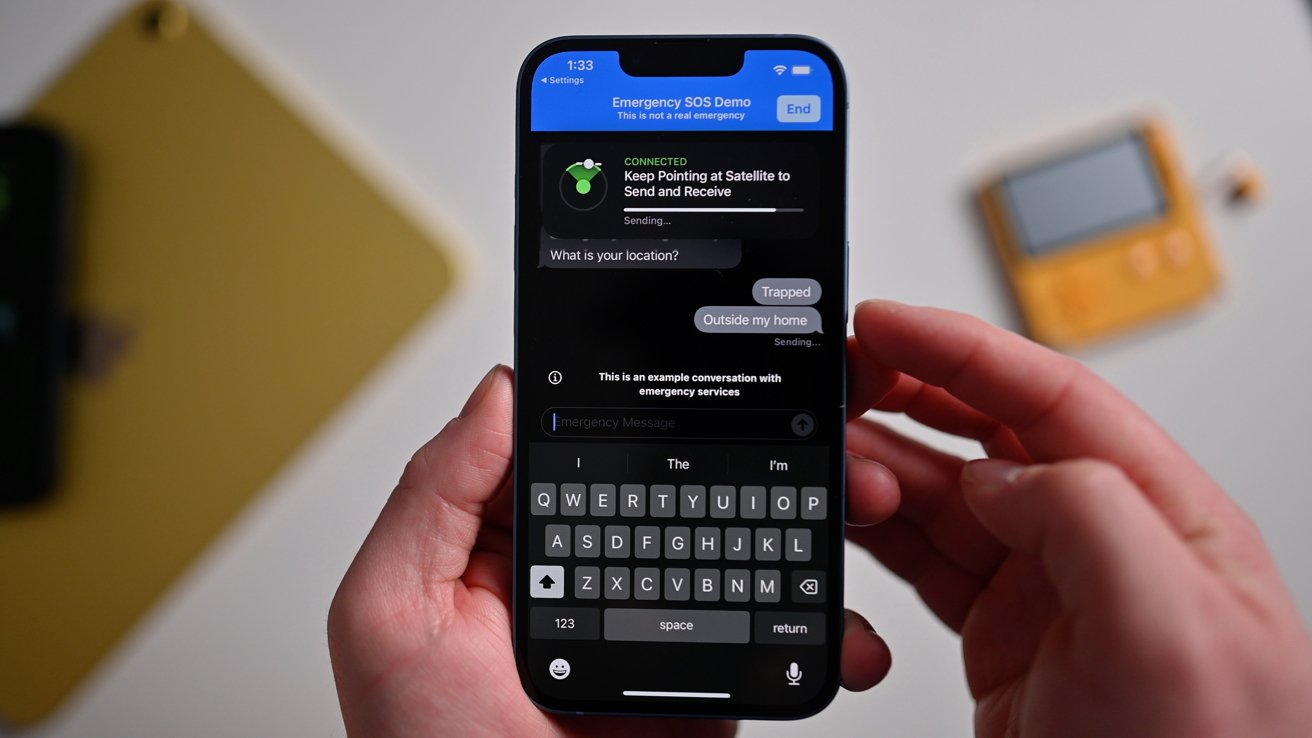

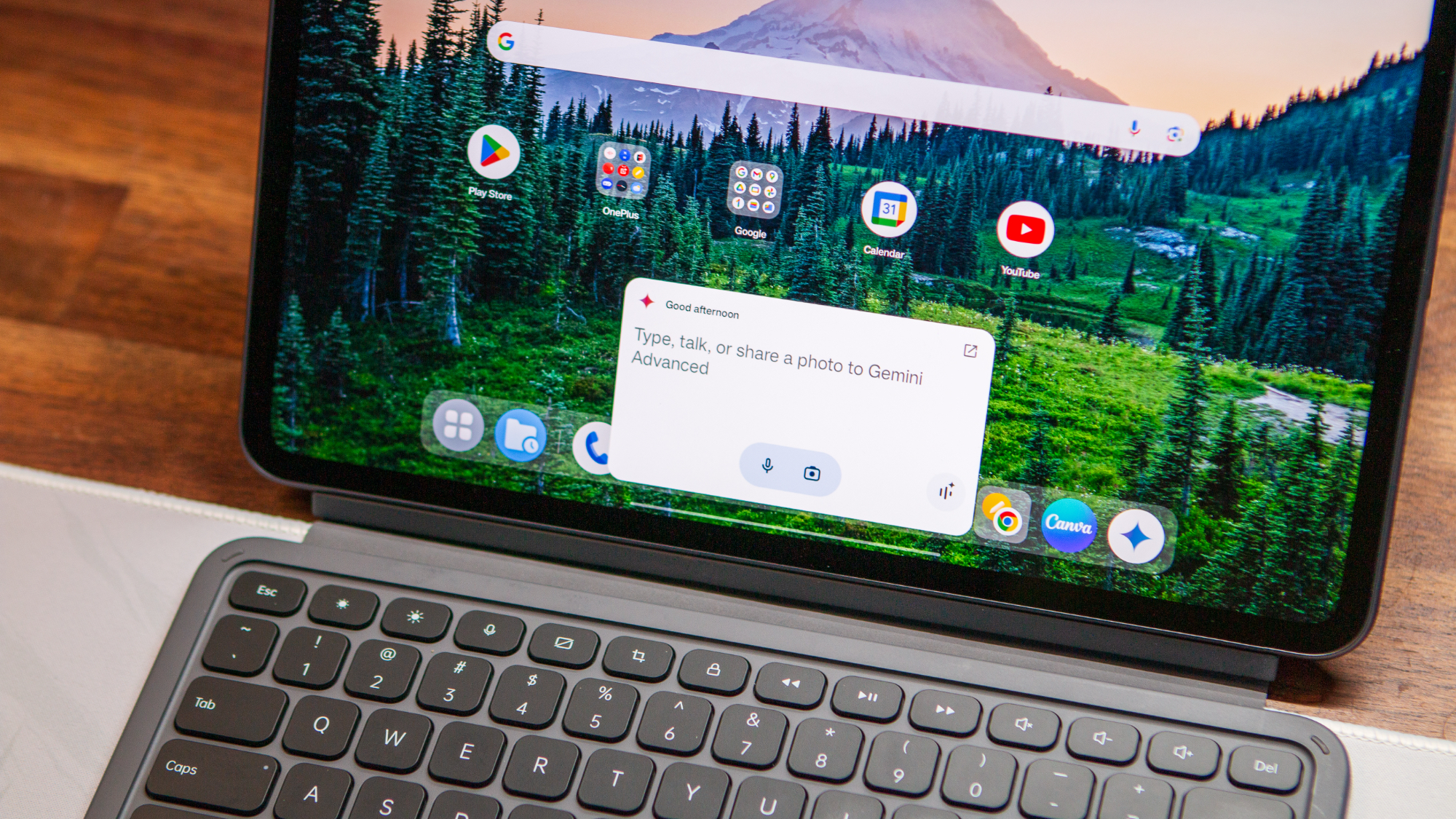








![PSA: Spotify facing widespread outage [U: Fixed]](https://i0.wp.com/9to5mac.com/wp-content/uploads/sites/6/2023/06/spotify-logo-2.jpg?resize=1200%2C628&quality=82&strip=all&ssl=1)

















![Apple Turned Down Musk's $5B Starlink Deal — Now the Consequences Are Mounting [Report]](https://www.iclarified.com/images/news/97432/97432/97432-640.jpg)
![WhatsApp Finally Launches iPad App [Download]](https://www.iclarified.com/images/news/97435/97435/97435-640.jpg)




















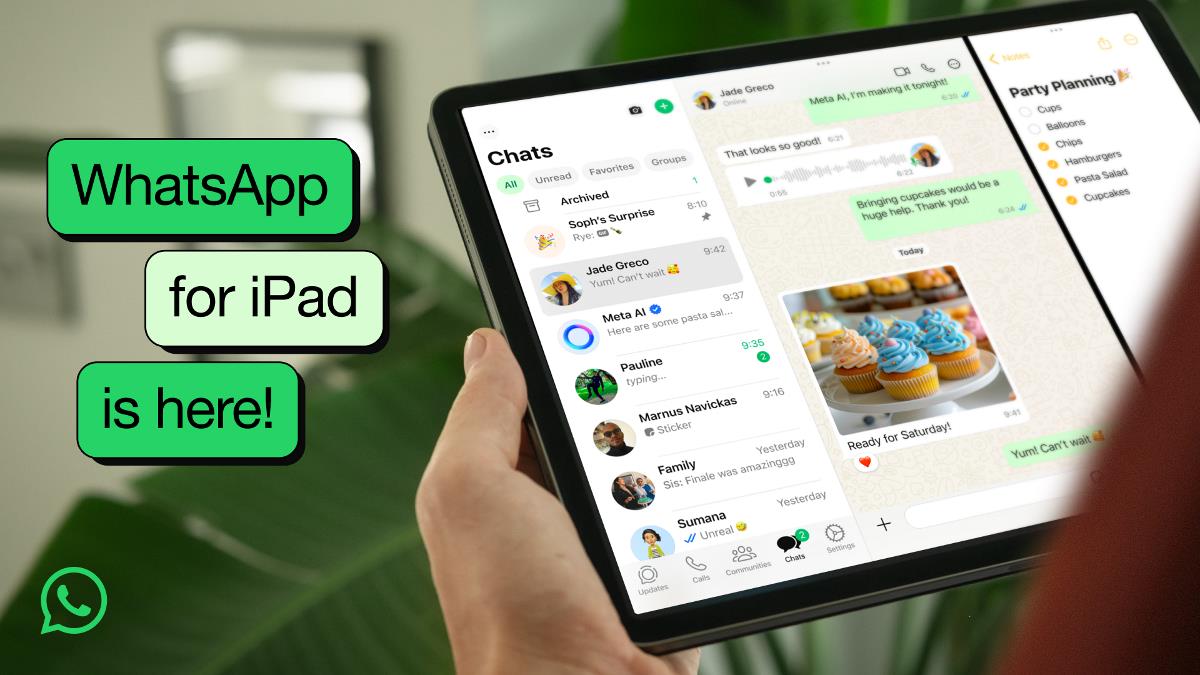
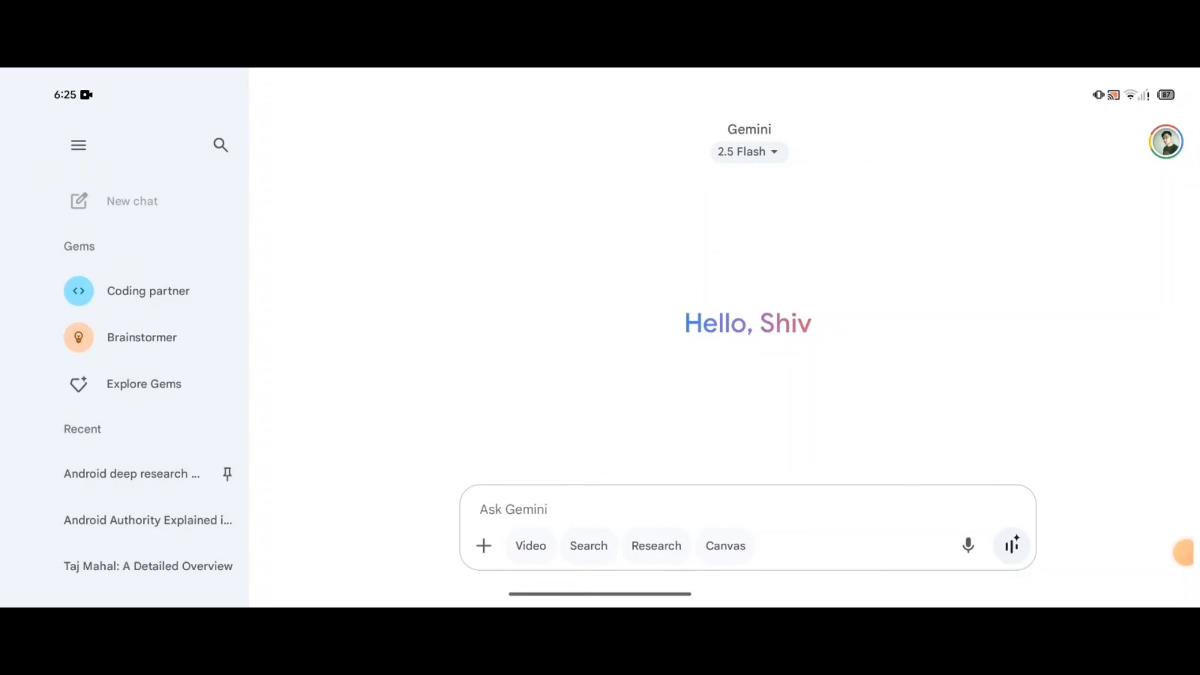





















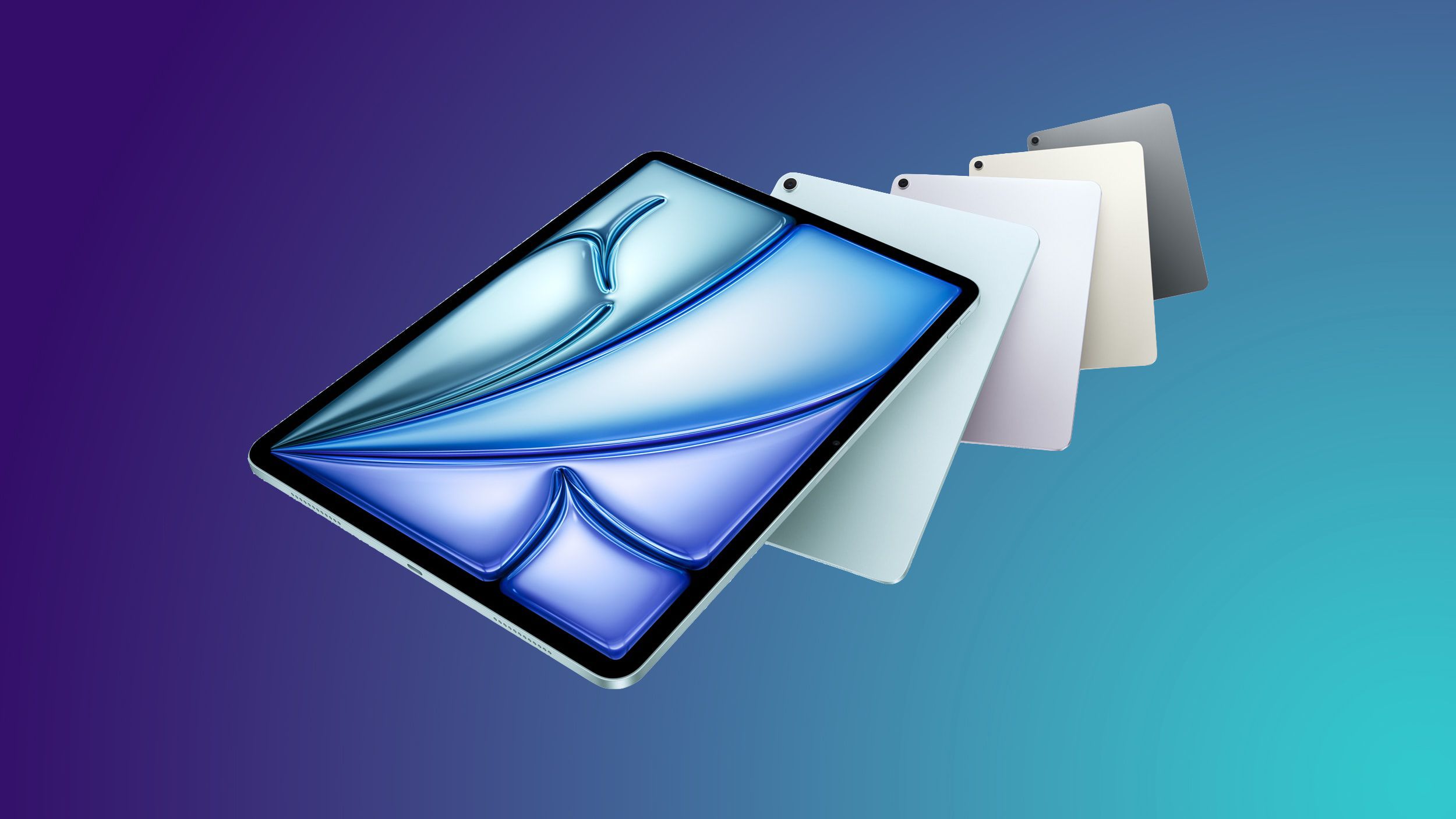
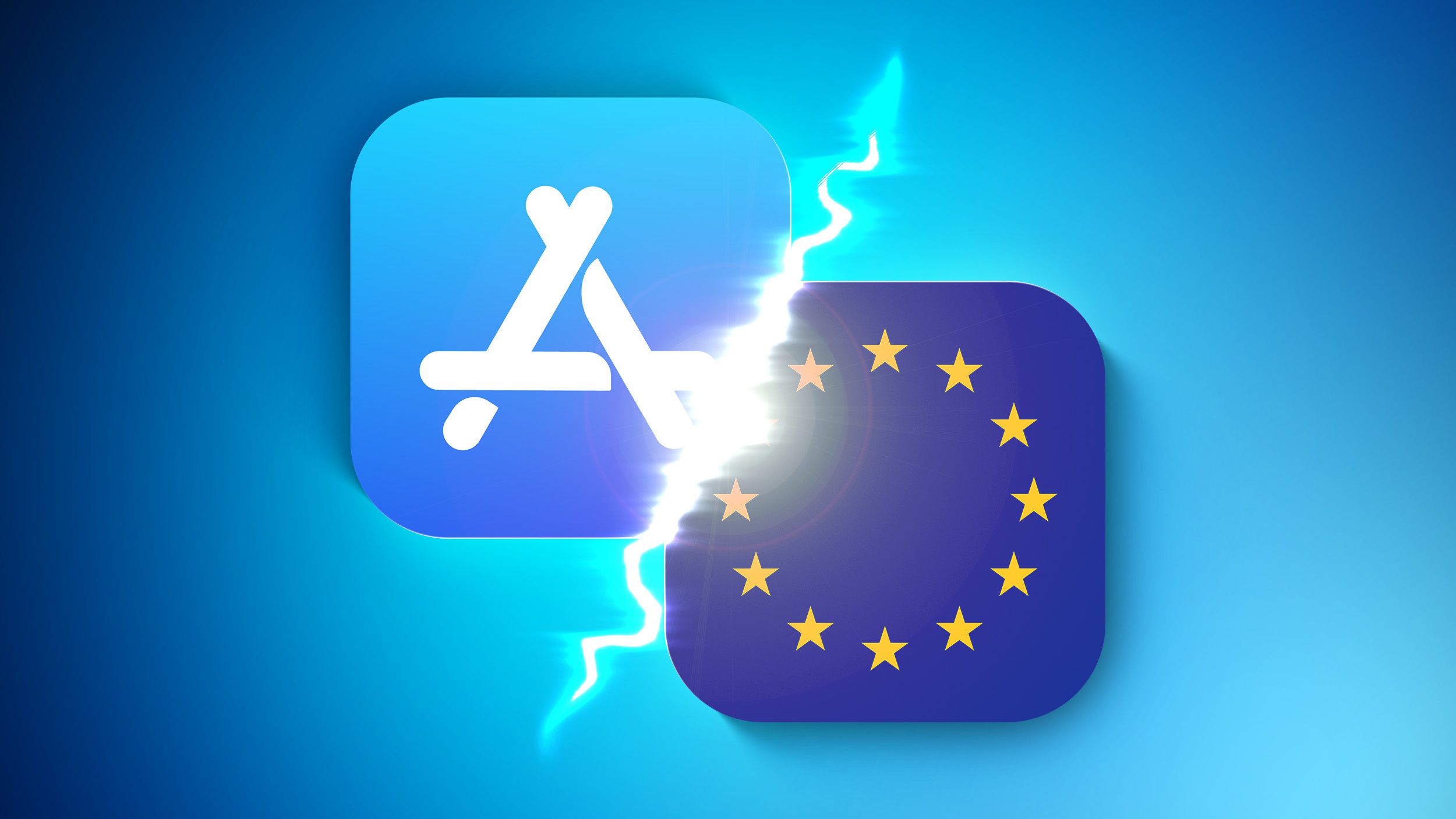
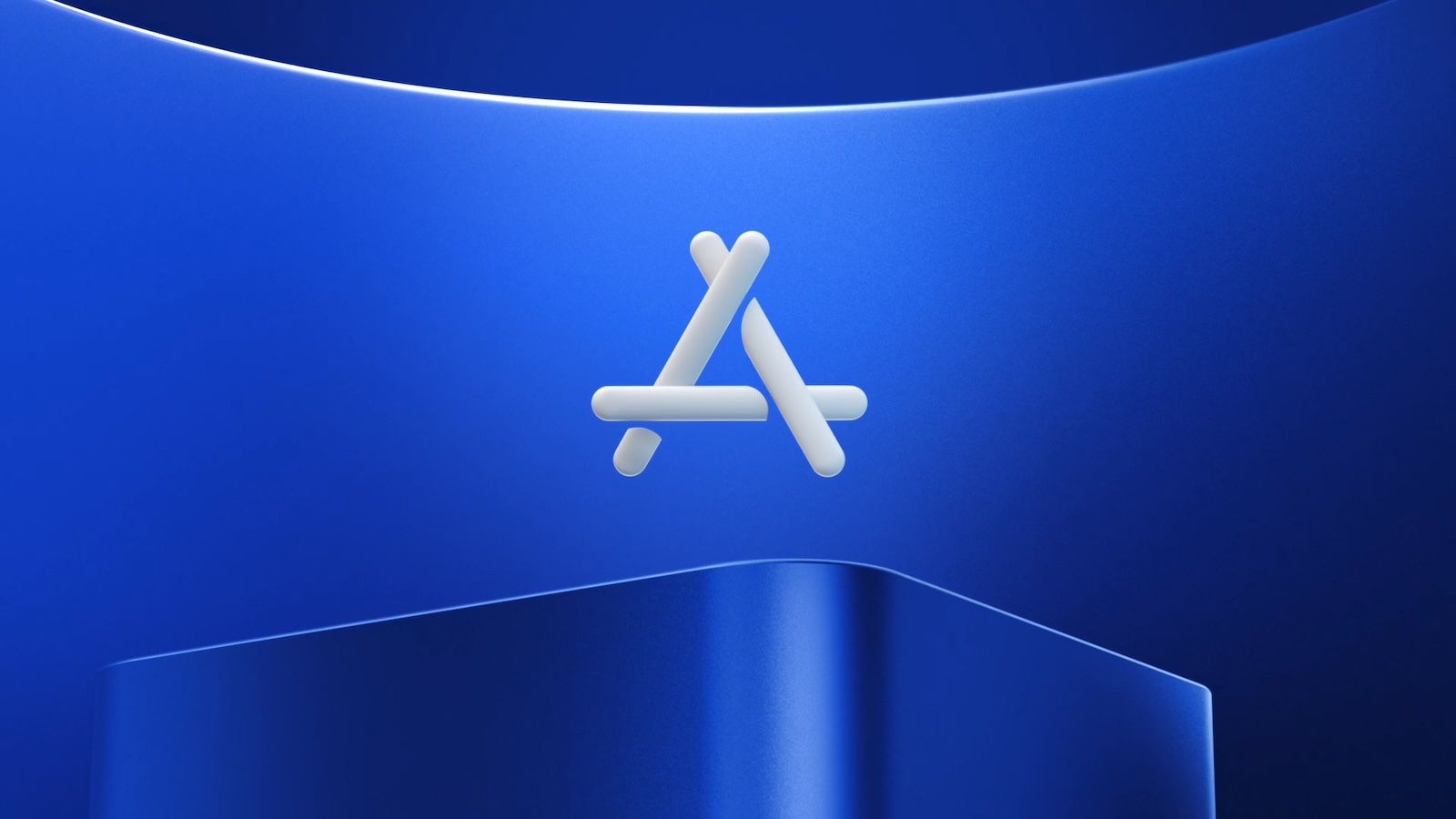
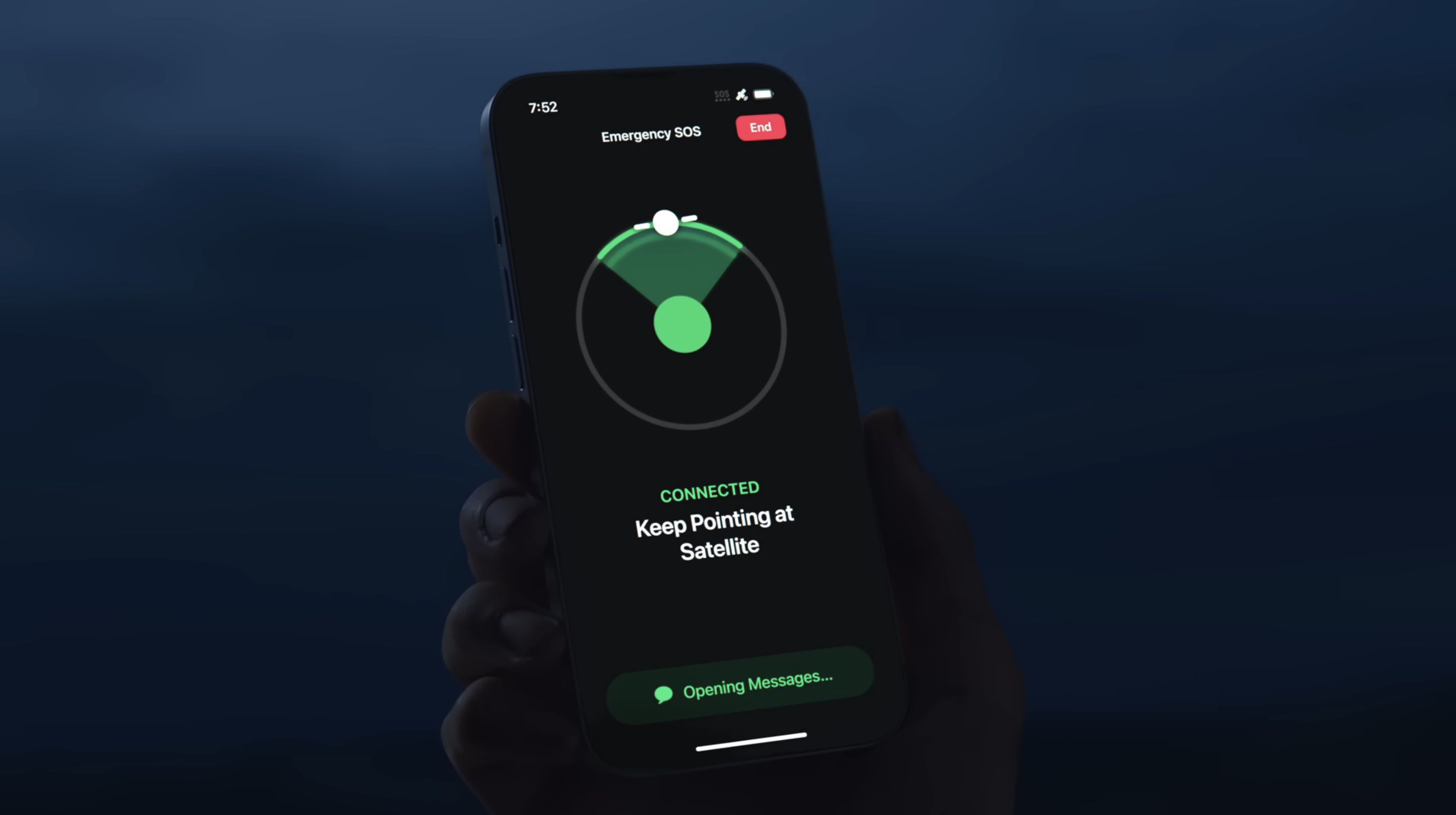




![T-Mobile, Verizon and AT&T under fire for lack of transparency on surveillance [UPDATED]](https://m-cdn.phonearena.com/images/article/170786-two/T-Mobile-Verizon-and-AT-T-under-fire-for-lack-of-transparency-on-surveillance-UPDATED.jpg?#)
















